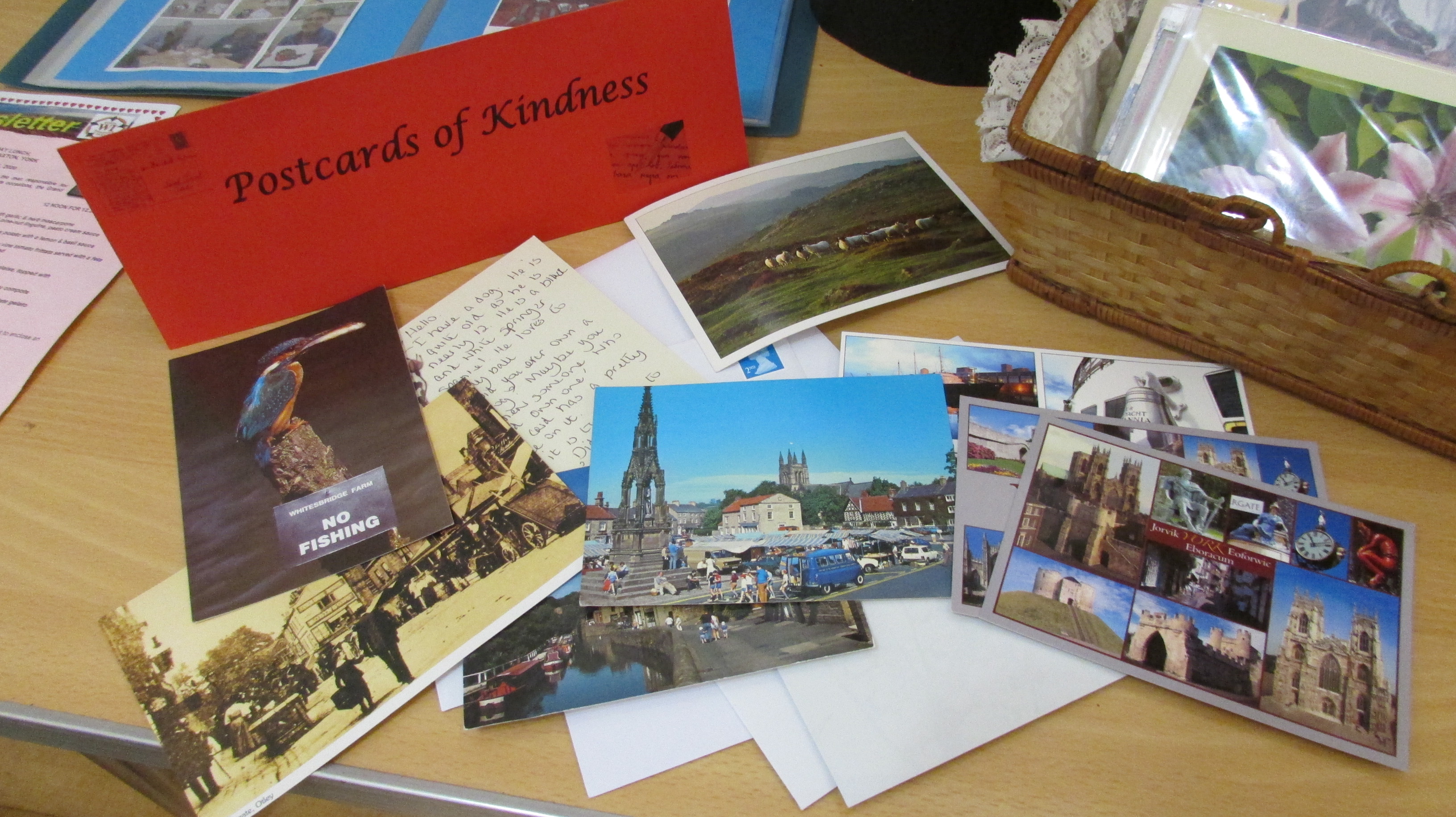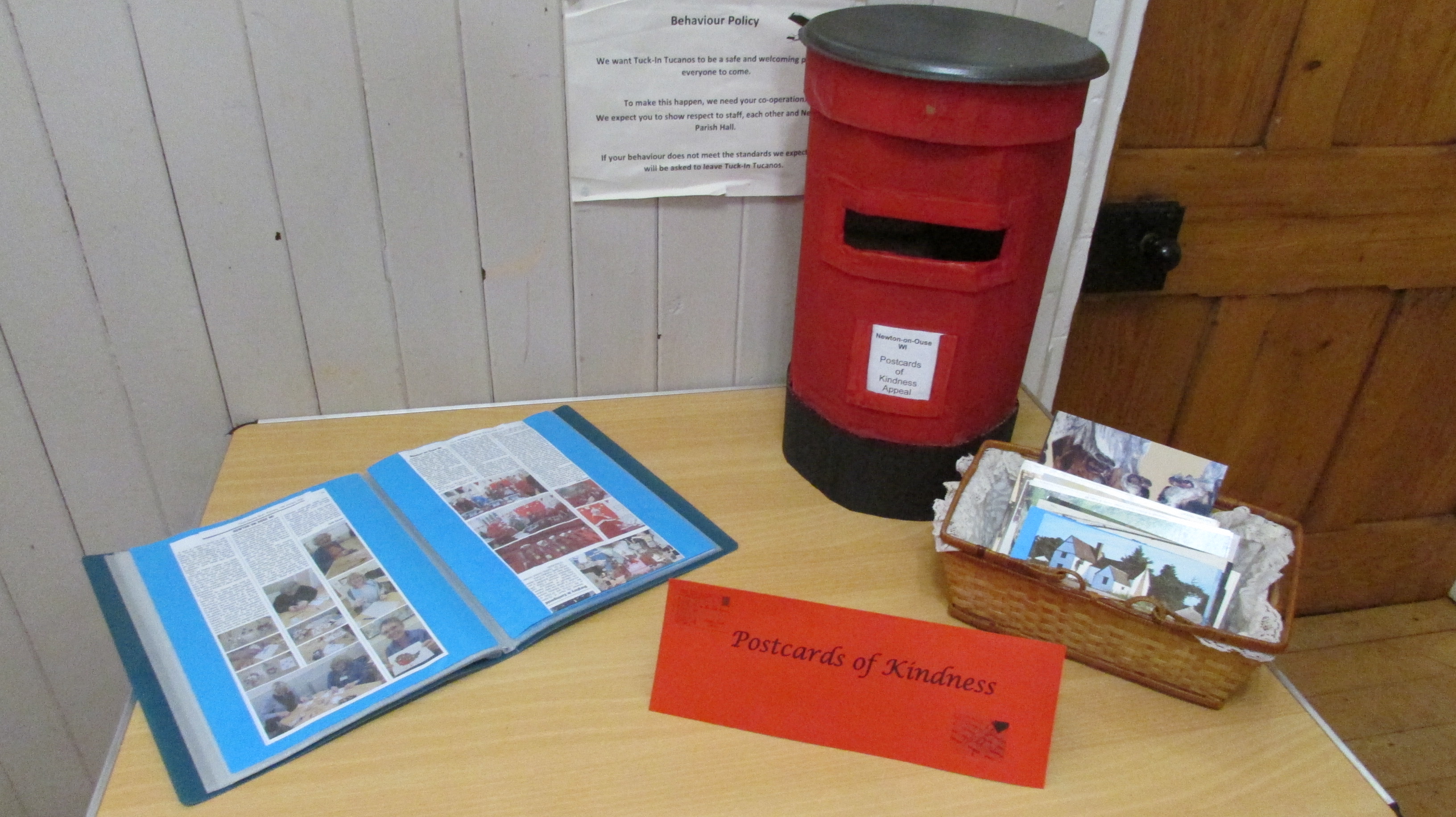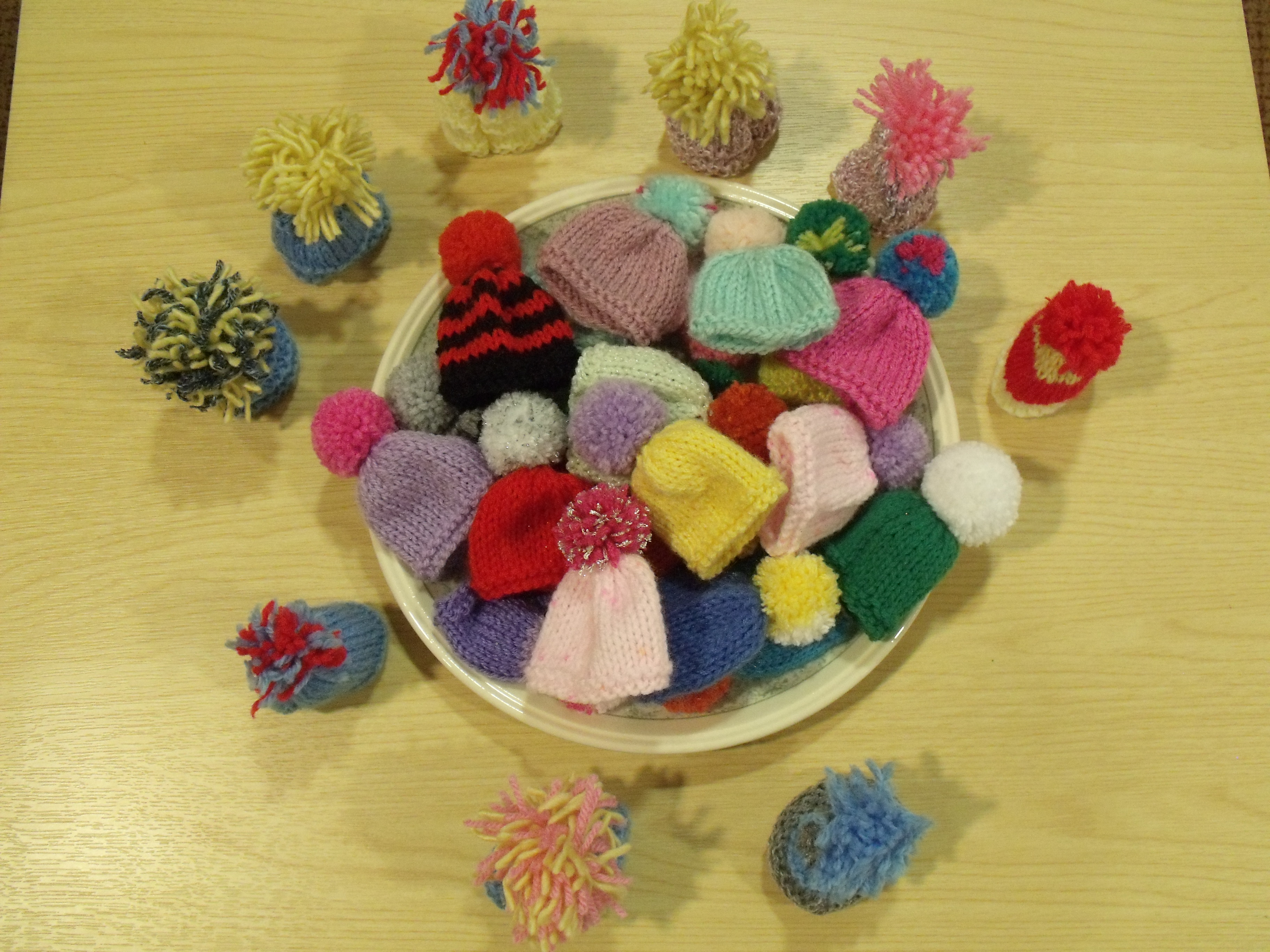
Become a rainbow friend - 2022
The Salvation Army Christmas Present Appeal
Be a star and donate a toy to our appeal.
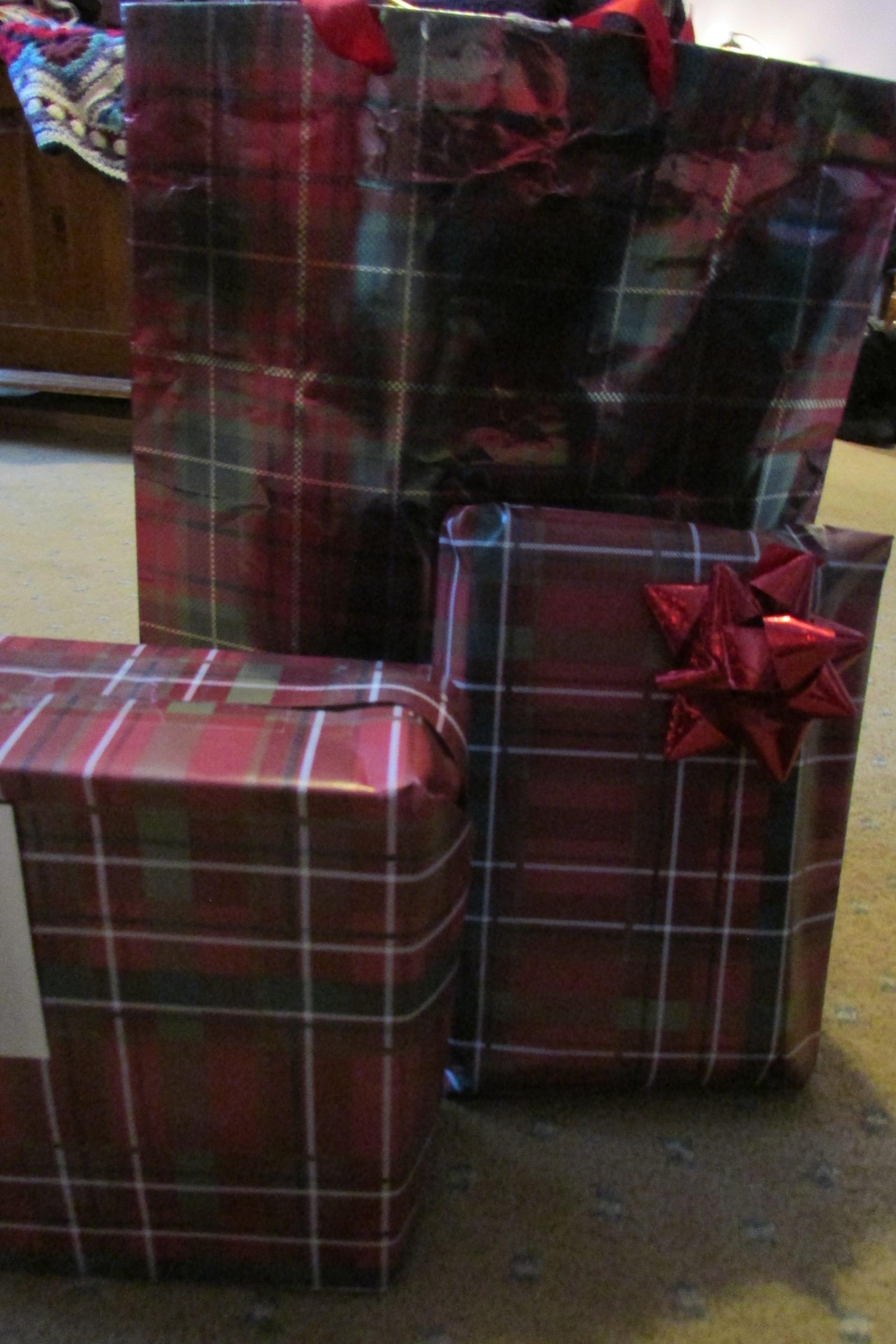
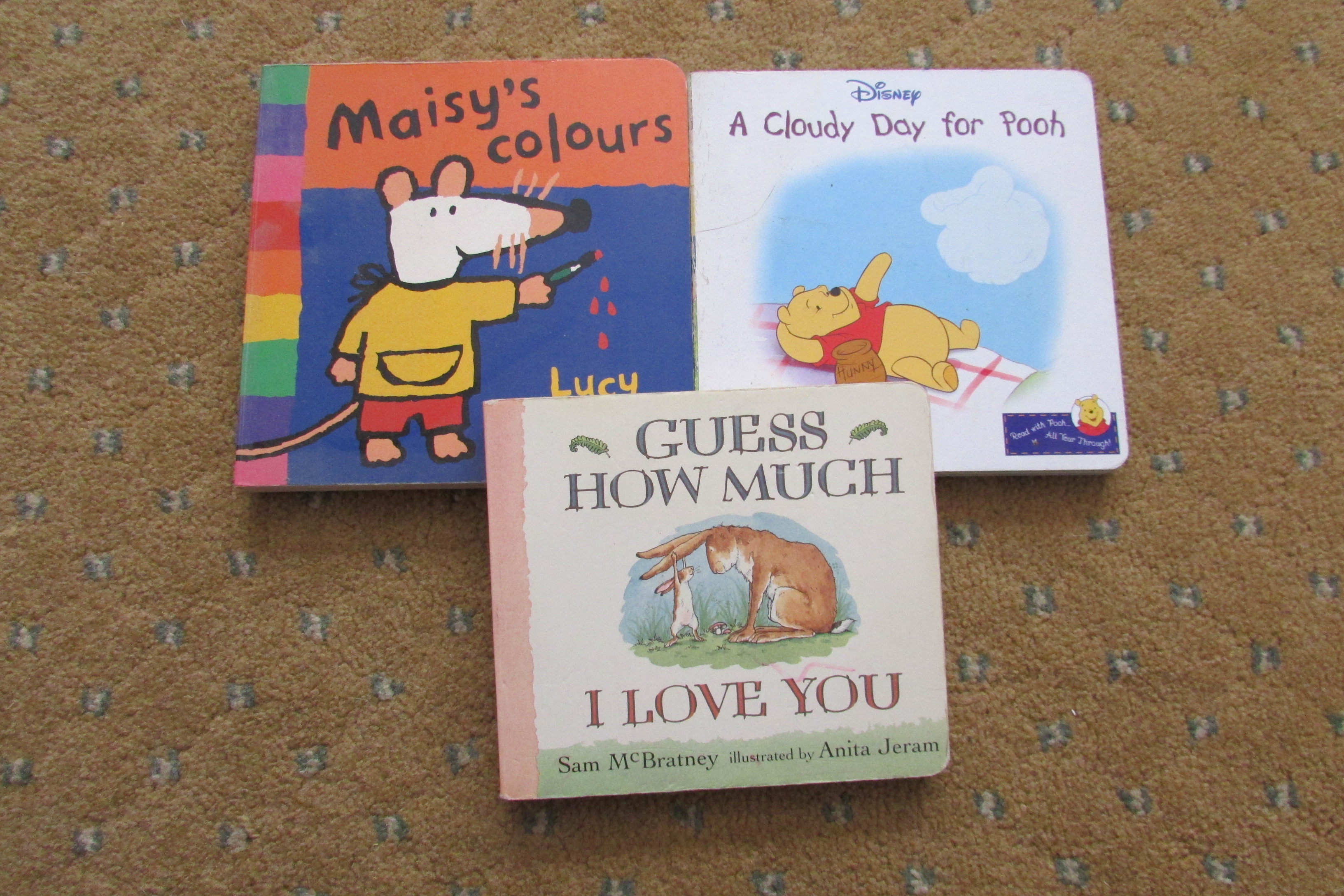
The Children’s Book Project
www.childrensbookproject.co.uk
25 Bassein Park Road, London W12 9RN
My house is full of books! I am most definitely addicted to
buying books. I just love reading and can think of no better way to spend my
spare time. When I had children, I was determined that they too would love
reading and enjoy disappearing into other worlds! They were lucky to be able to
select their own books and their book shelves were full. I was constantly on
the look out for new stories that would encourage them to read independently,
knowing that if they were capable readers, the rest of their educational
development would also benefit.

How can you help? You can help by collecting and donating books that are no longer needed. Either collect your own, ask for help from neighbours or hold a book drive at your school or community group. Volunteers are always needed at the London base to help collect, sort and deliver books and money donations are always gratefully received to help pay for delivery. There are a number of posters and useful information that can be downloaded from the website to help you set up your own collection and where to donate. These are designed not only to give you useful information but also to help you build up anticipation for an event and to communicate with children, parents and the wider community. If you want to hold a book drive contact tracy@childrensbookproject.co.uk and she will help in any way that she can.
Collect empty crisp packets for:
The Crisp Packet Project HQ
The Art Stack
@Y Centre
St Paul’s Road
St Leonards
East Sussex
TN37 6RS
www.crisppacketproject.com
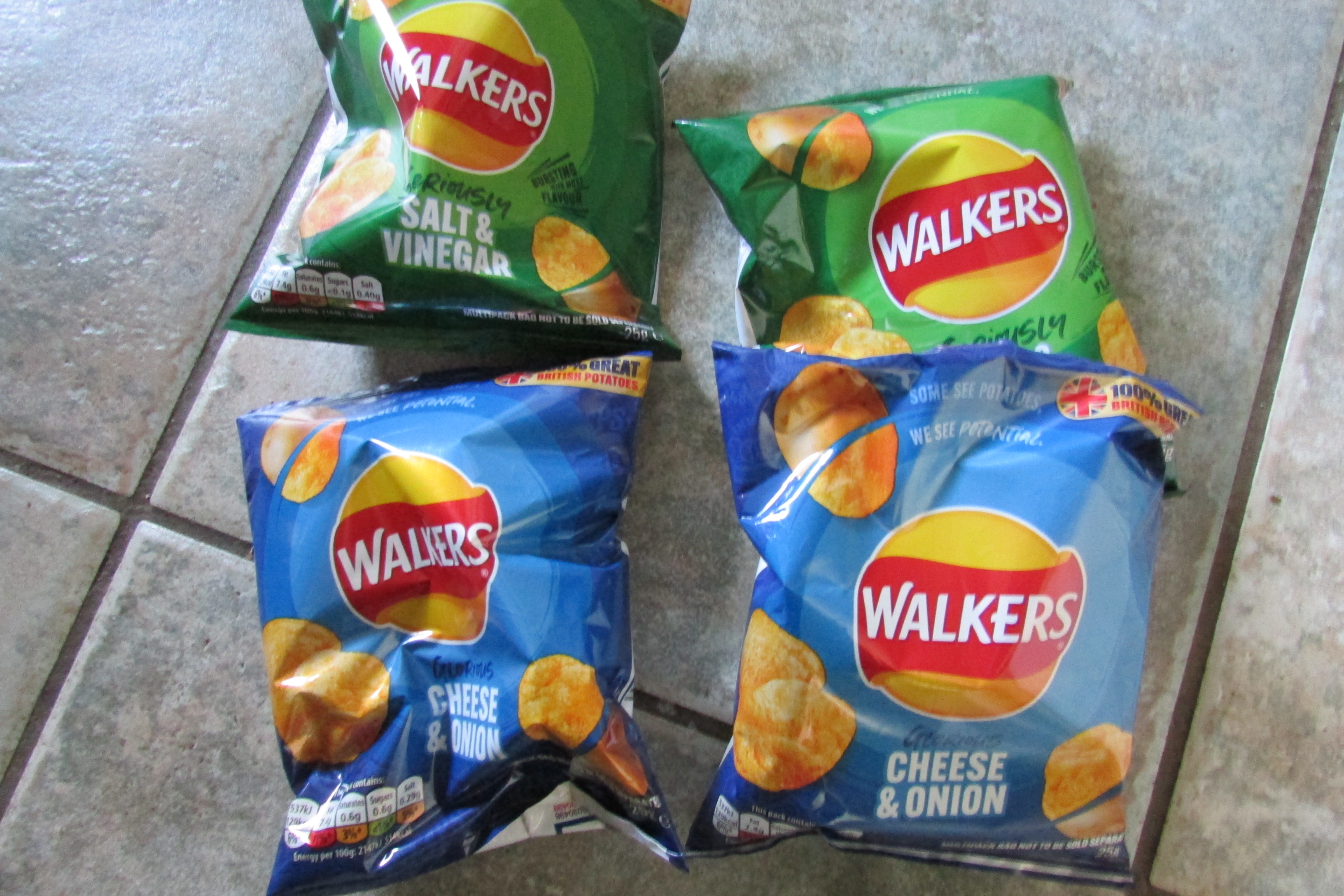
Preparing your packets for sending
Collect milk bottle tops for
Friends of Water Search and Rescue Team
PO Box 400
Oxfordshire
OX18 9EB.
www.fowsart.org.uk
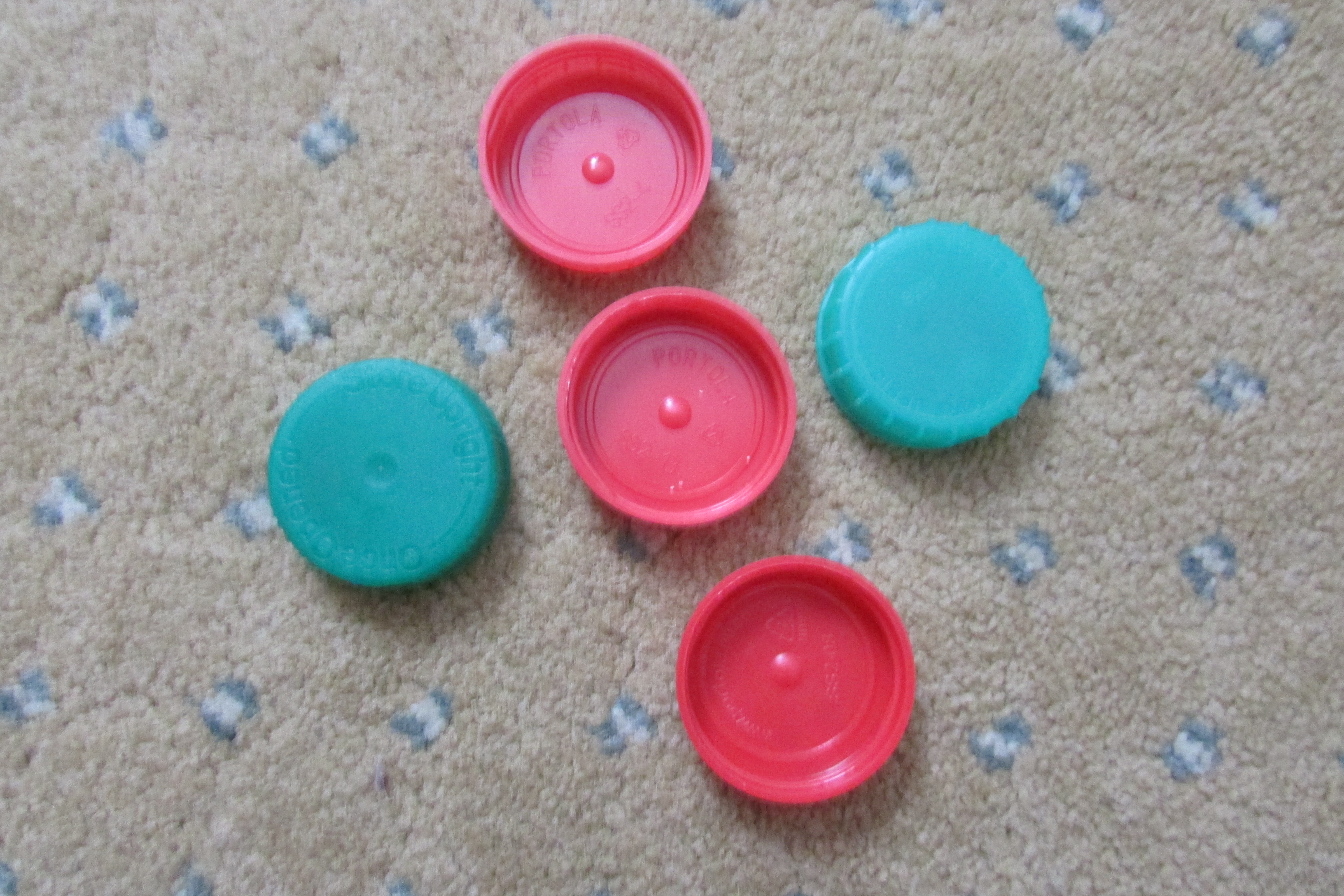
Book Fairies
www.ibelieveinbookfairies.com
It is true, fairies really do exist! And even better, there are book fairies,
spreading the love of reading and books across Great Britain and the world.
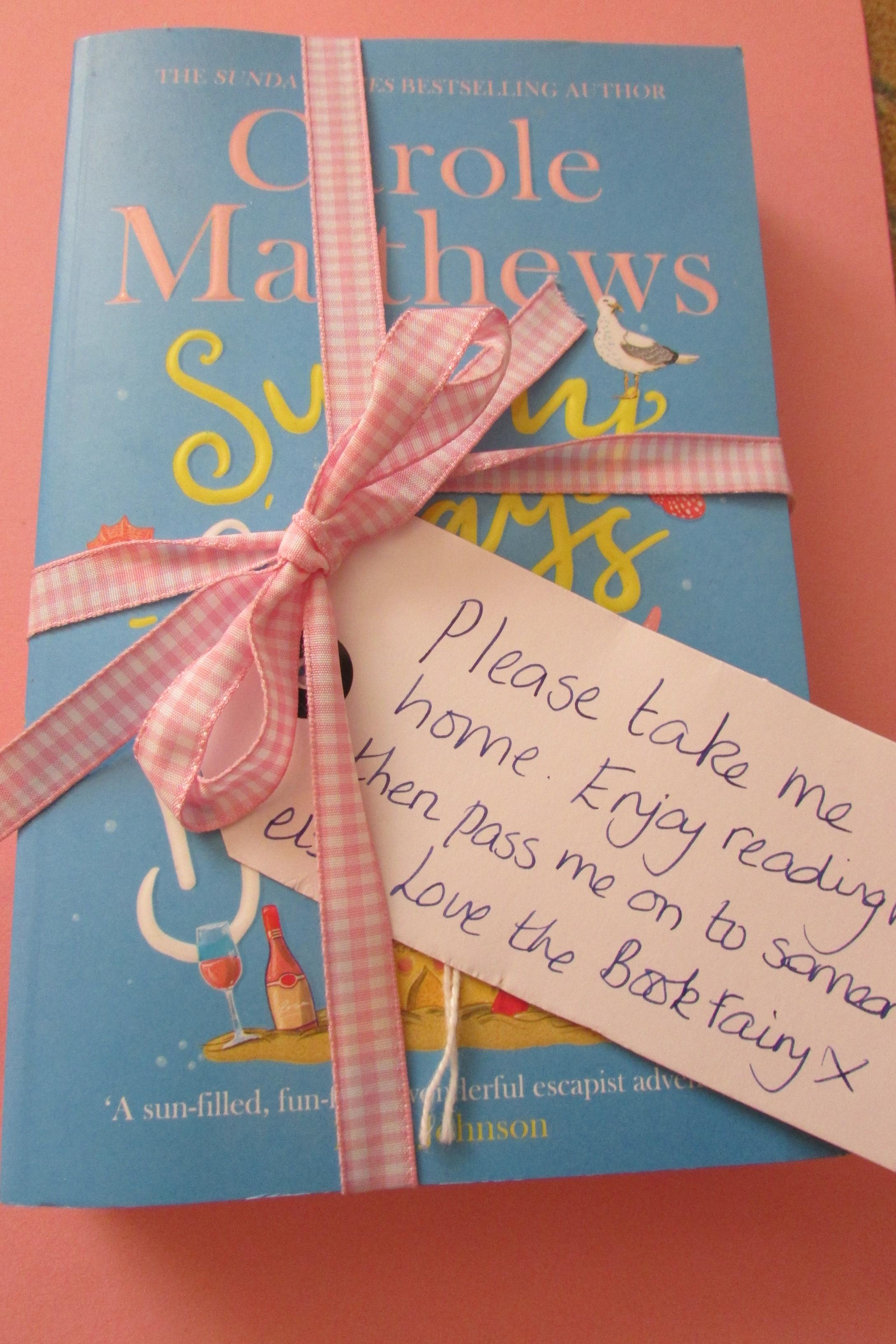
The Love Grace handbag appeal
www.lovegrace.co.uk
Love Grace, Hemmings Stores Too, Church Rd, Billericay, CM11 1RN.
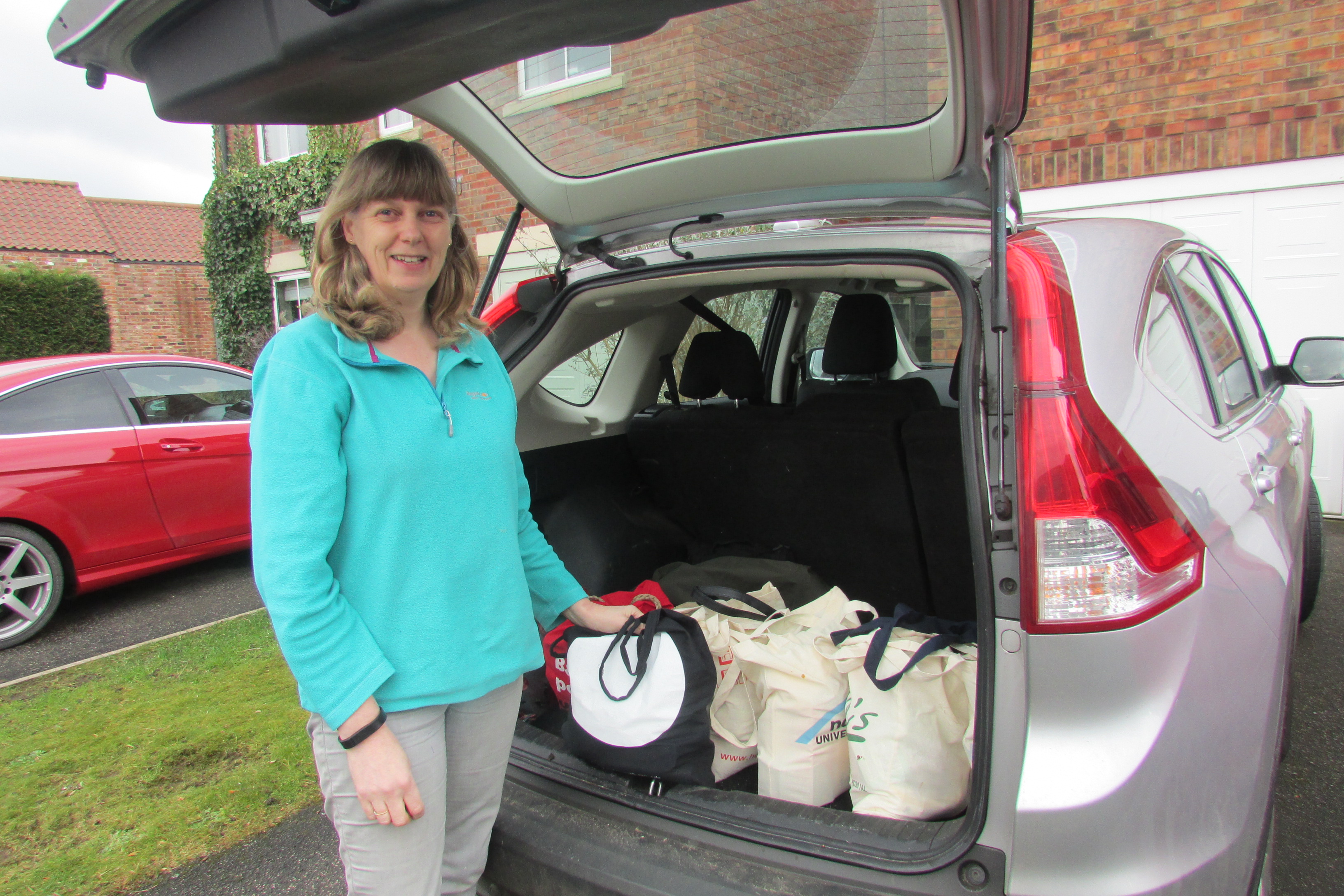
The Love Grace Handbag Appeal is a charitable initiative rather than a charity, set up in
memory of Grace Millane, who was tragically murdered the evening before her 22nd
birthday, in December 2018, whilst
travelling across New Zealand.
What to do with unwanted and discarded spectacles
Are you a spectacles wearer?
If you are like me, you possibly have a drawer full of old pairs of
glasses that you can no longer wear as they are outdated, broken, outgrown or
the prescription is just wrong.
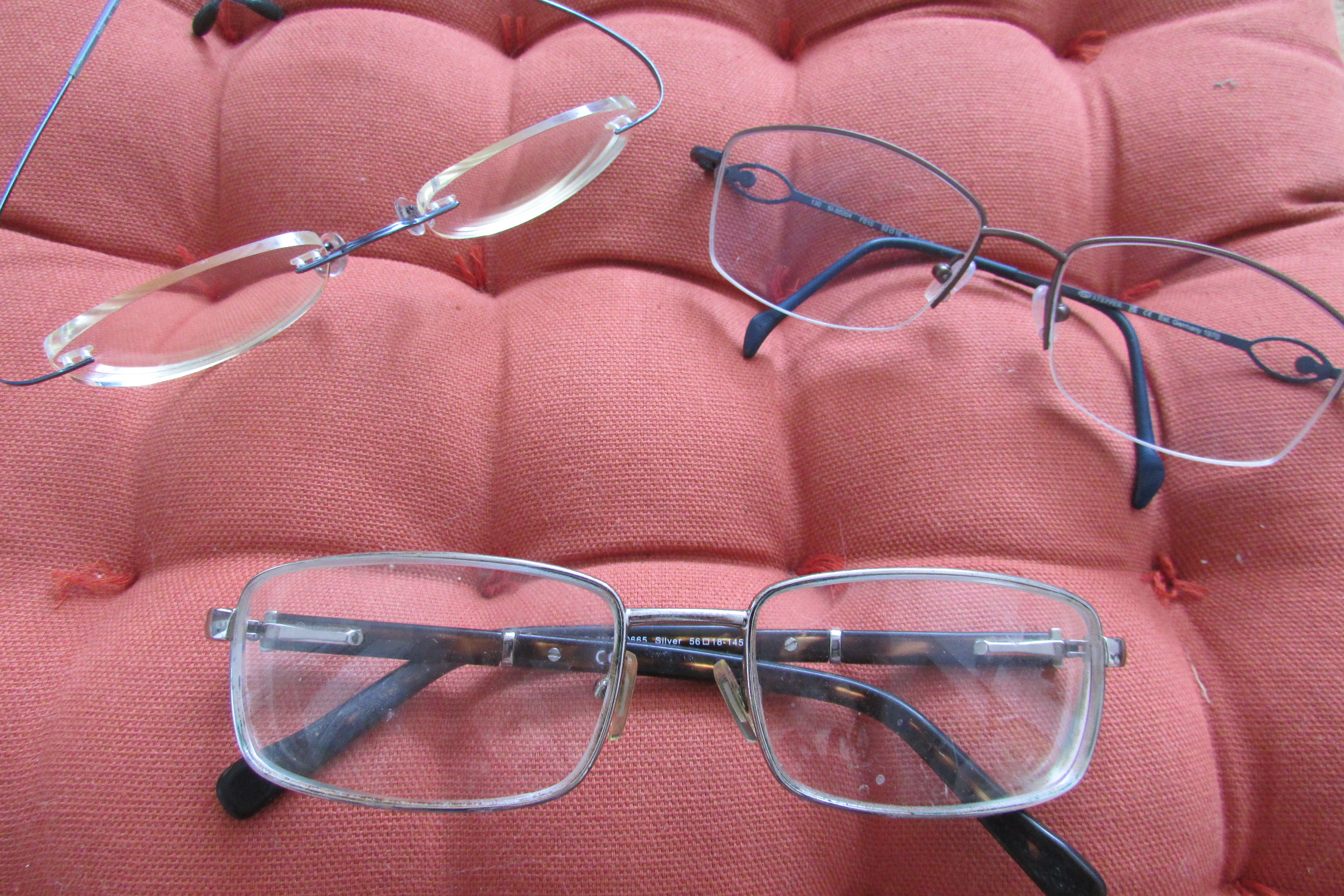
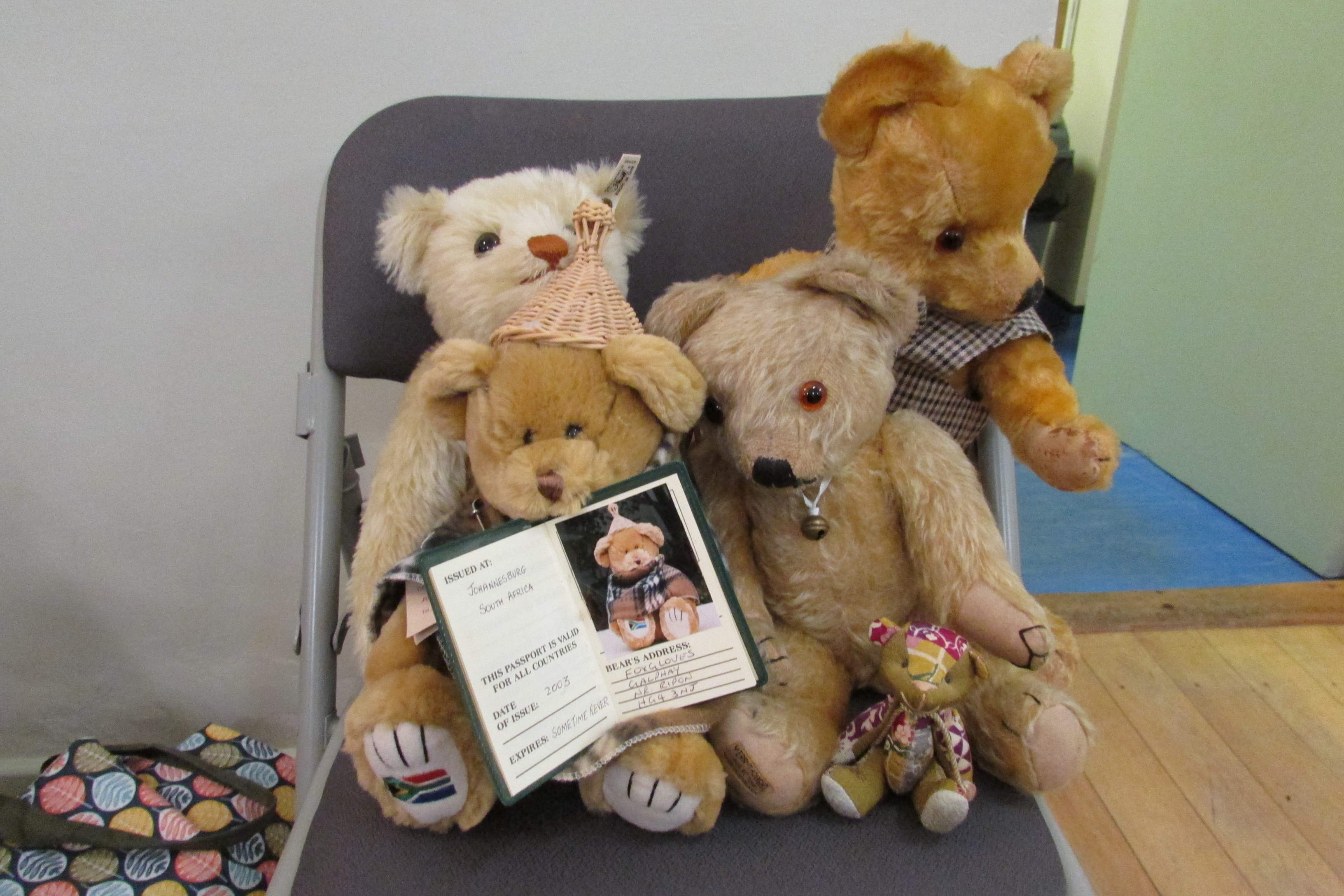
The Teddy Trust
www.teddytrust.org.uk
Mrs Emma Morgan
Brightwells
Easters Court
Leominster
HR6 0DE
I wonder if your house is as full of teddy bears as ours
is? My children collected them and refused
to EVER get rid of any, so we are inundated, but we are coming to the point when
maybe a teddy cull is needed. We’ve never liked the idea of just putting them
in a charity bag though. I have been looking for places that might like
them and can give them to a child in need, so imagine my delight when I discovered the Teddy Trust and their
statement ‘Never underestimate the healing power of a teddy.’ It sounded ideal.
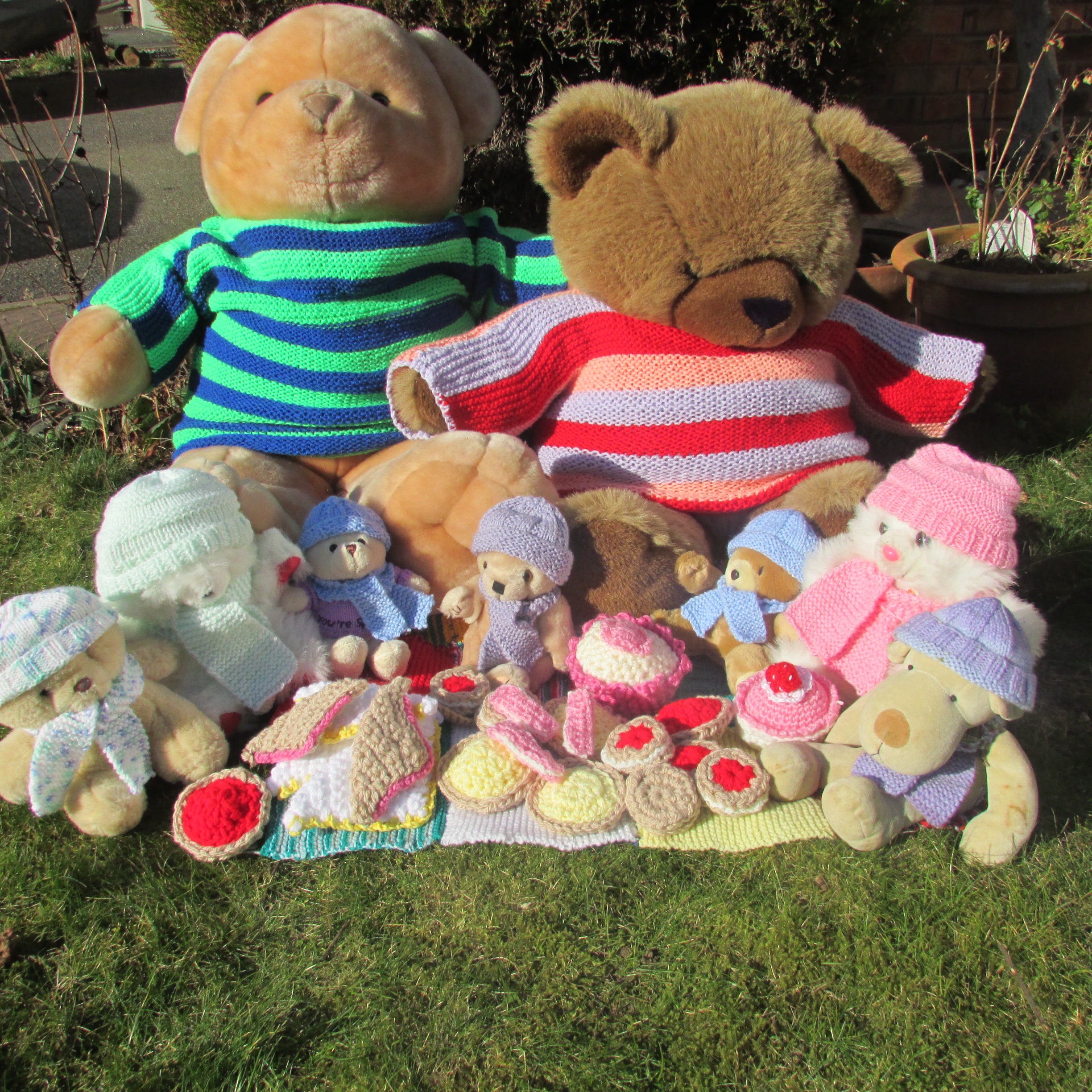
Further information can be gathered from facebook.com/theteddytrust/ or by contacting ellie.targett@hotmail.com
Sal’s shoes
www.salsshoes.com
Sal’s Shoes
Easistore, Enterprise Way, Edenbridge, TN8 6HF
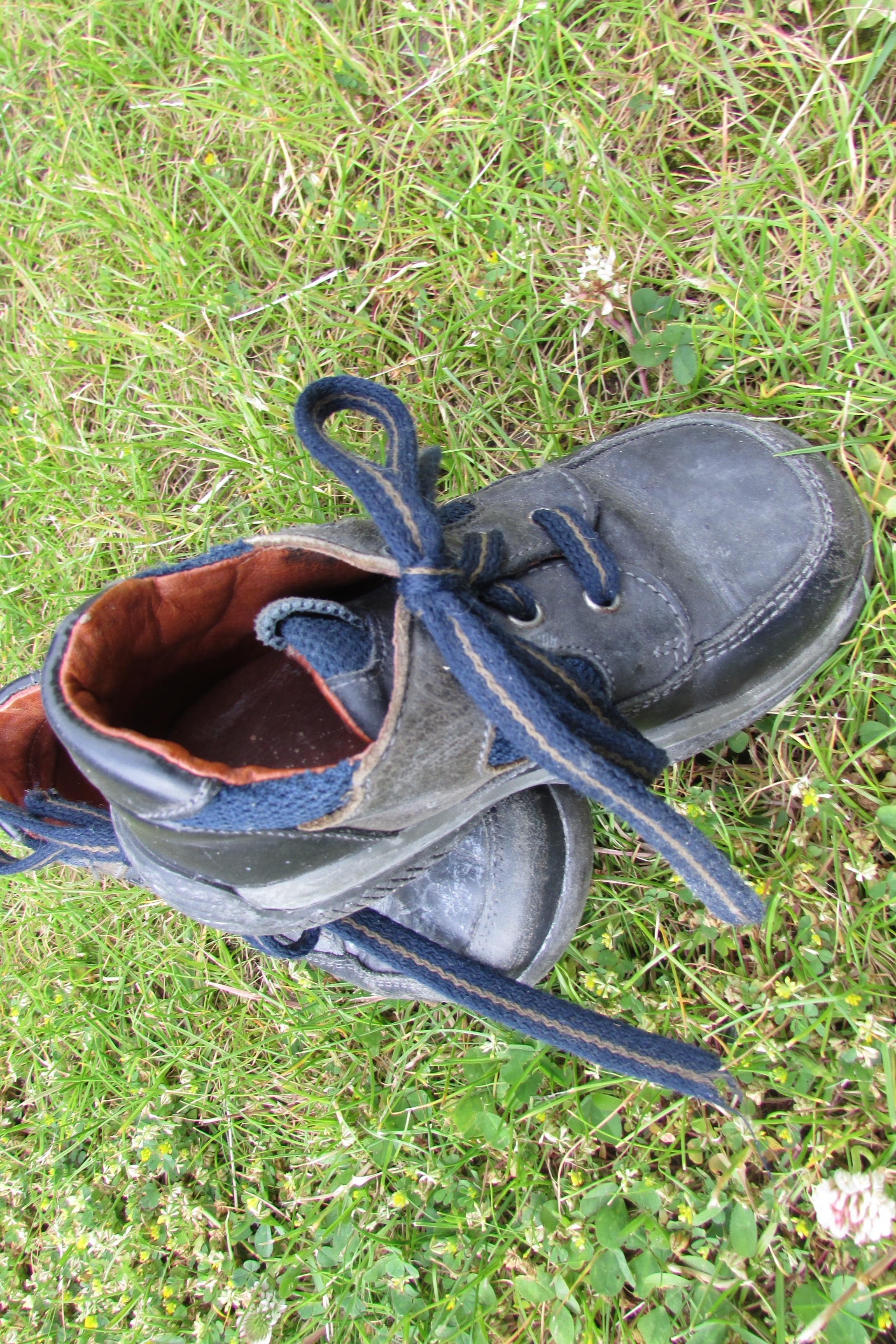

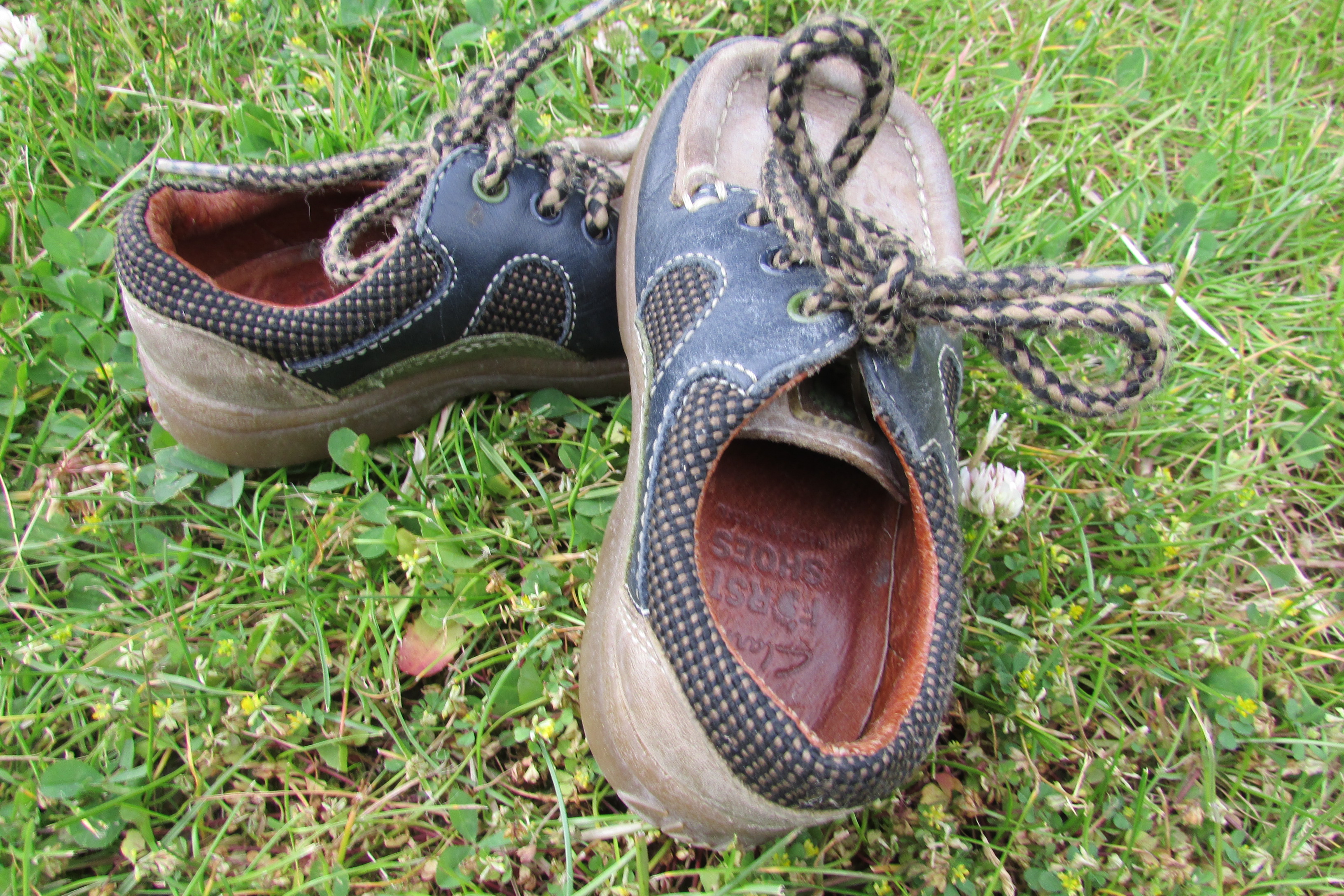
Isn’t it scary
how quickly children seem to outgrow their shoes? When mine were little, it seemed that their
feet grew by the month and I was forever having to buy a new pair. The problem
was, what to do with the old ones? Although used, they still had loads of life
left in them – far too good to throw away.
Mary’s Meals
I first came across this organisation several years ago when
I was teaching RE at a local primary school. It fitted into our topic
beautifully, encouraging the children to think about those of the same age in
other countries, who were unable to go to school for a number of reasons. One
of those reasons was due to a lack of food meaning that the children had to
go out to work or beg for something we take for granted.
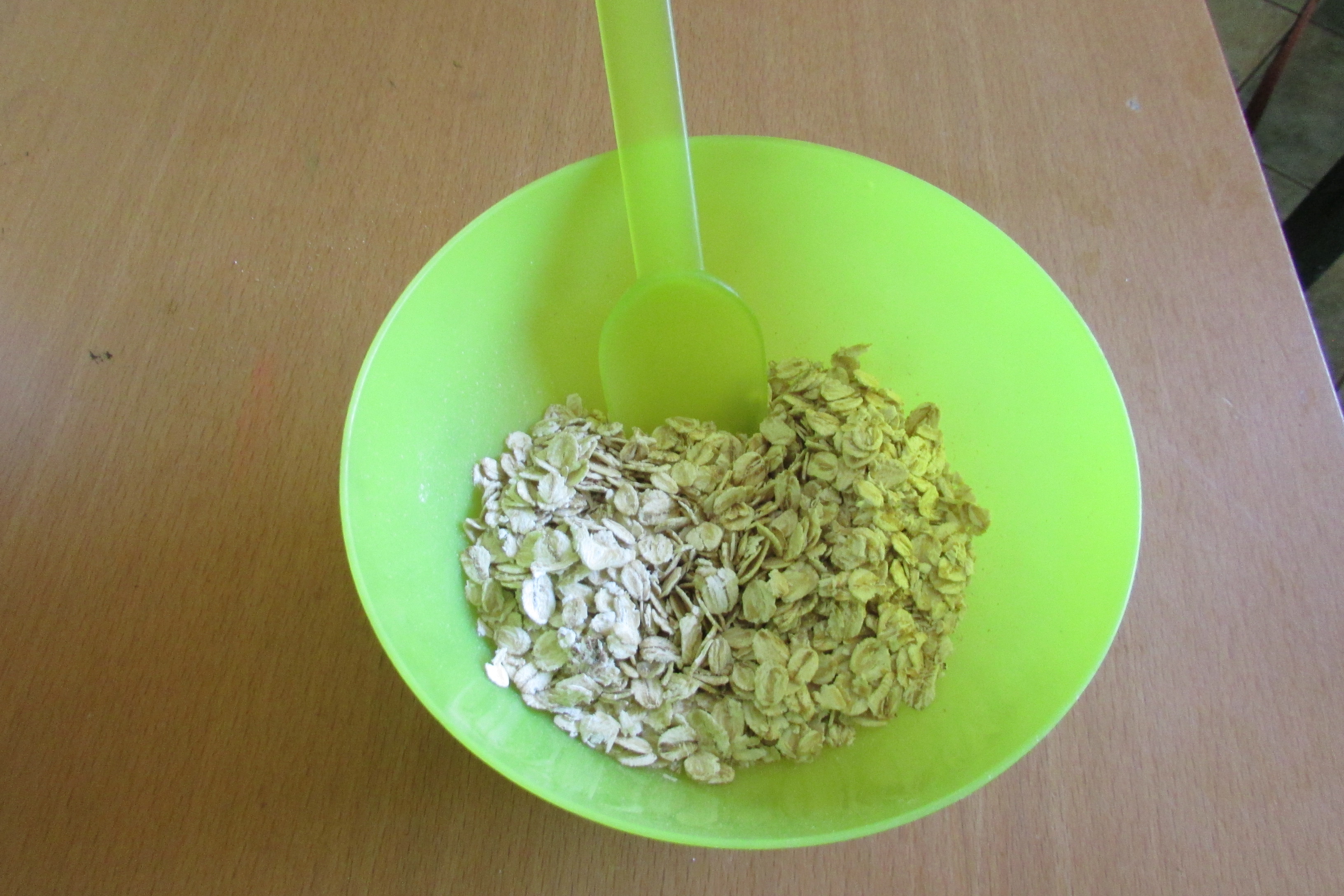
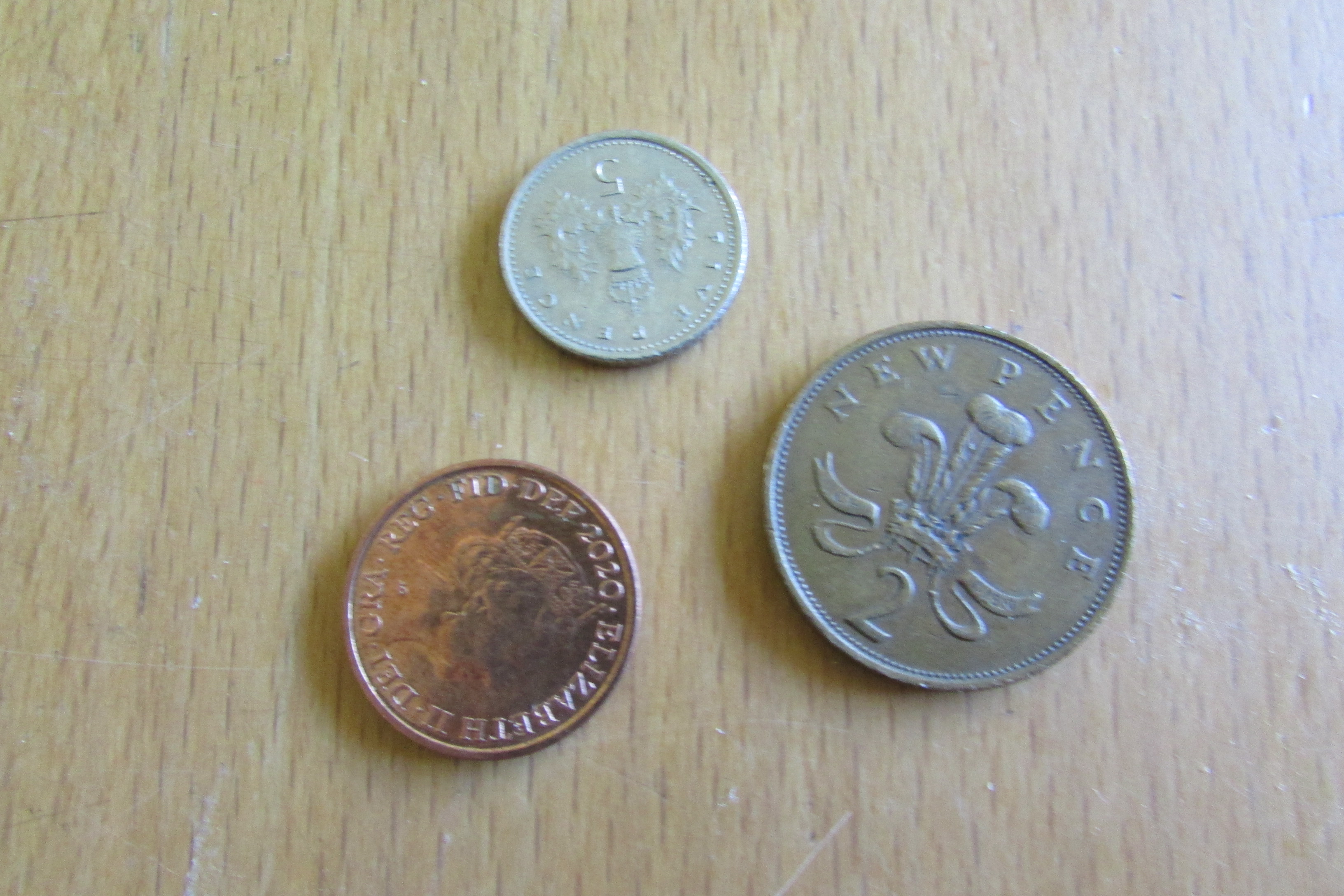
Smalls for All
Smalls for All®
Five Sisters Business Park
Westwood
West Calder
EH55 8PN
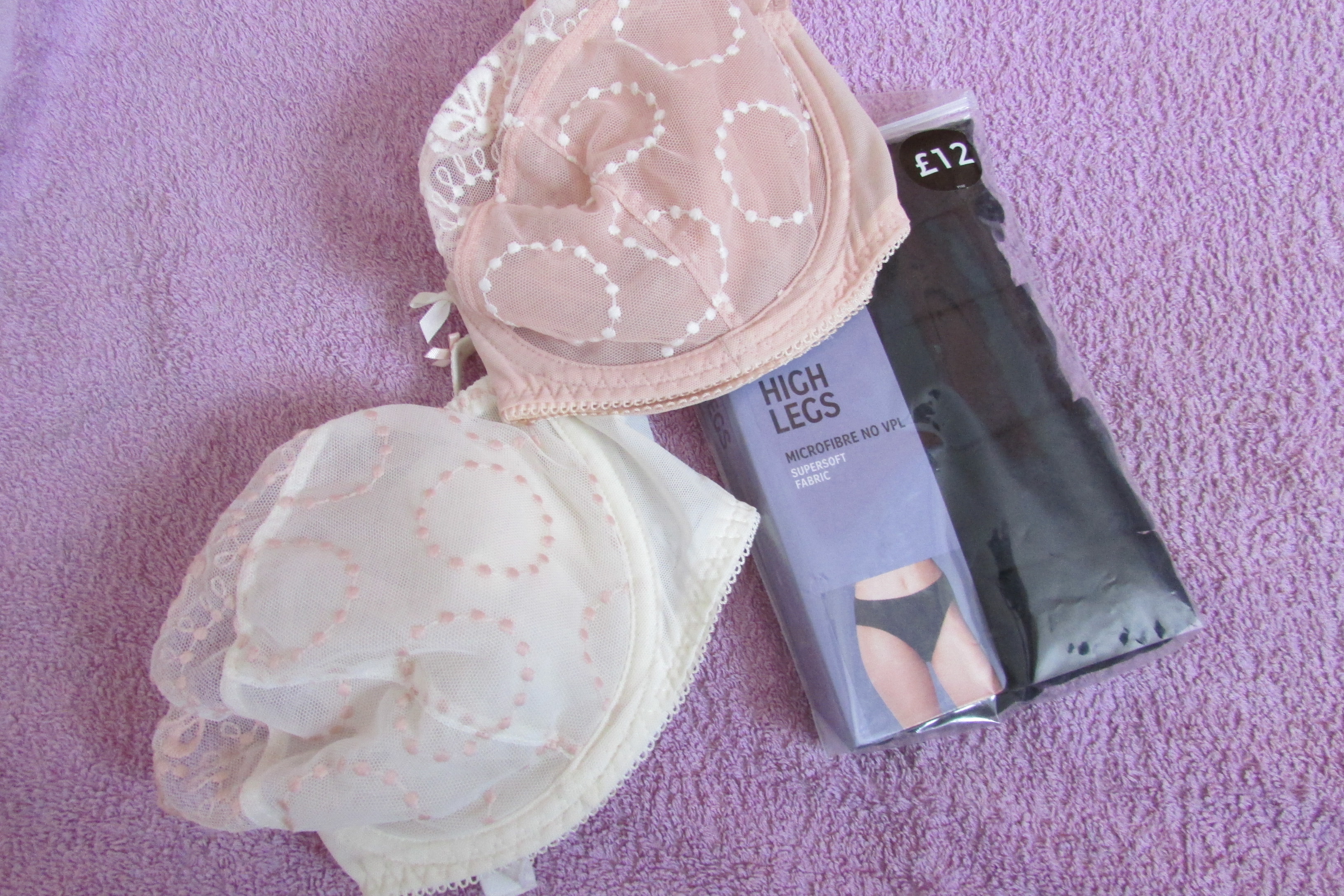
How many of us have done it?
Bought a new bra, put it to the back of the drawer and when we finally
get it out to wear, we find it no longer fits! Or we buy several and just wear
one or two until they are no longer fit for purpose and the rest are barely used.
Then there are those pants that have been gifted to us, or we have picked up in
haste, that our not quite our style or not quite the right size or colour –
what do you do with them? Stick them in the bin? A charity bag? Landfill? It
seems such a waste. Then imagine, that you are living in conditions where you
are unable to buy any underwear, or have limited washing facilities and have to
go without. How would it affect your life?
How would you feel?
Kindness by Post
Kindnessbypost.org
I’ve chosen another writing activity this month – my
favourite pastime! I’m always on the lookout for ways I can support others but
that won’t break the bank or expect too much of me. This is another that costs
the price of a stamp and a card, a few minutes of time and some kind words.
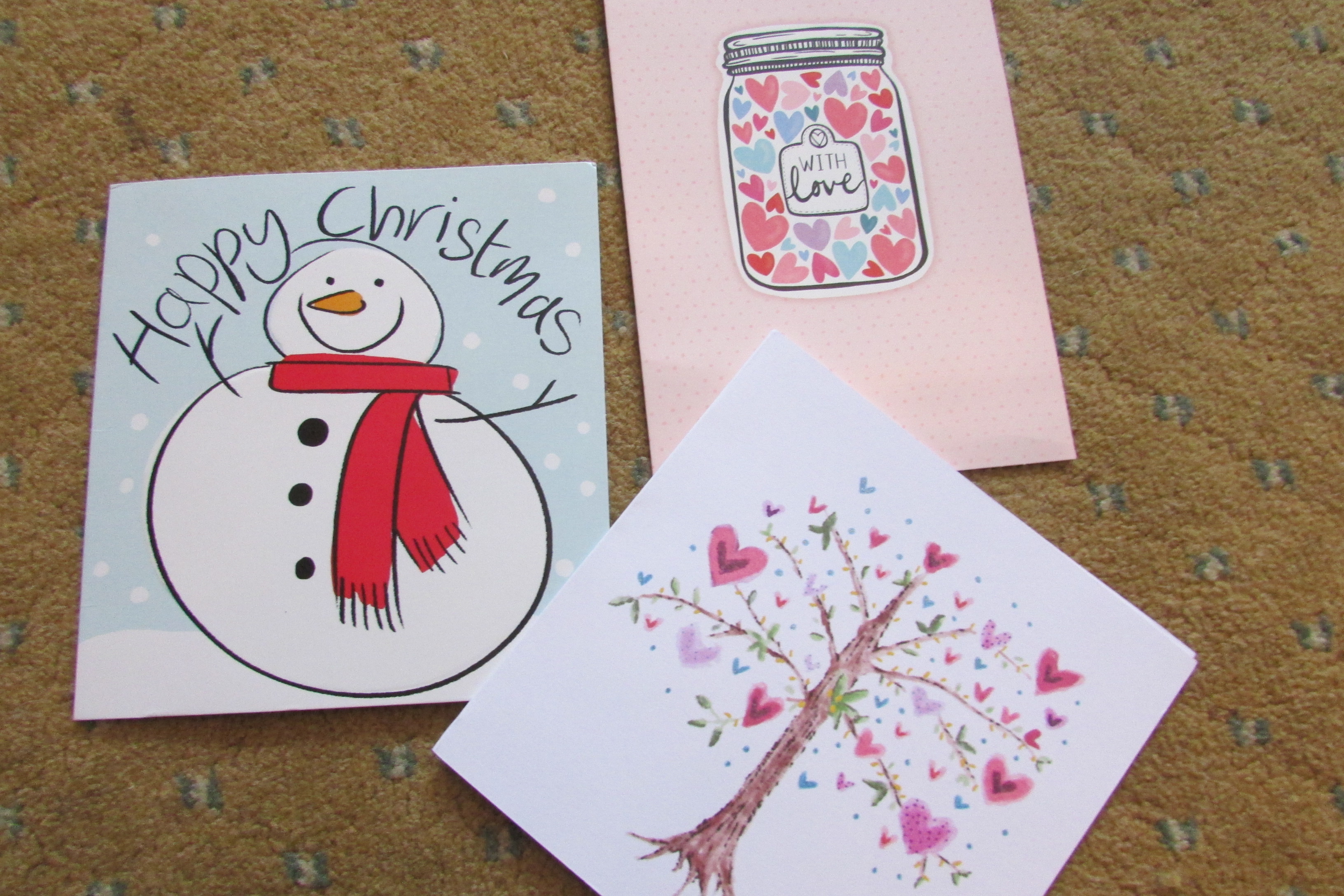
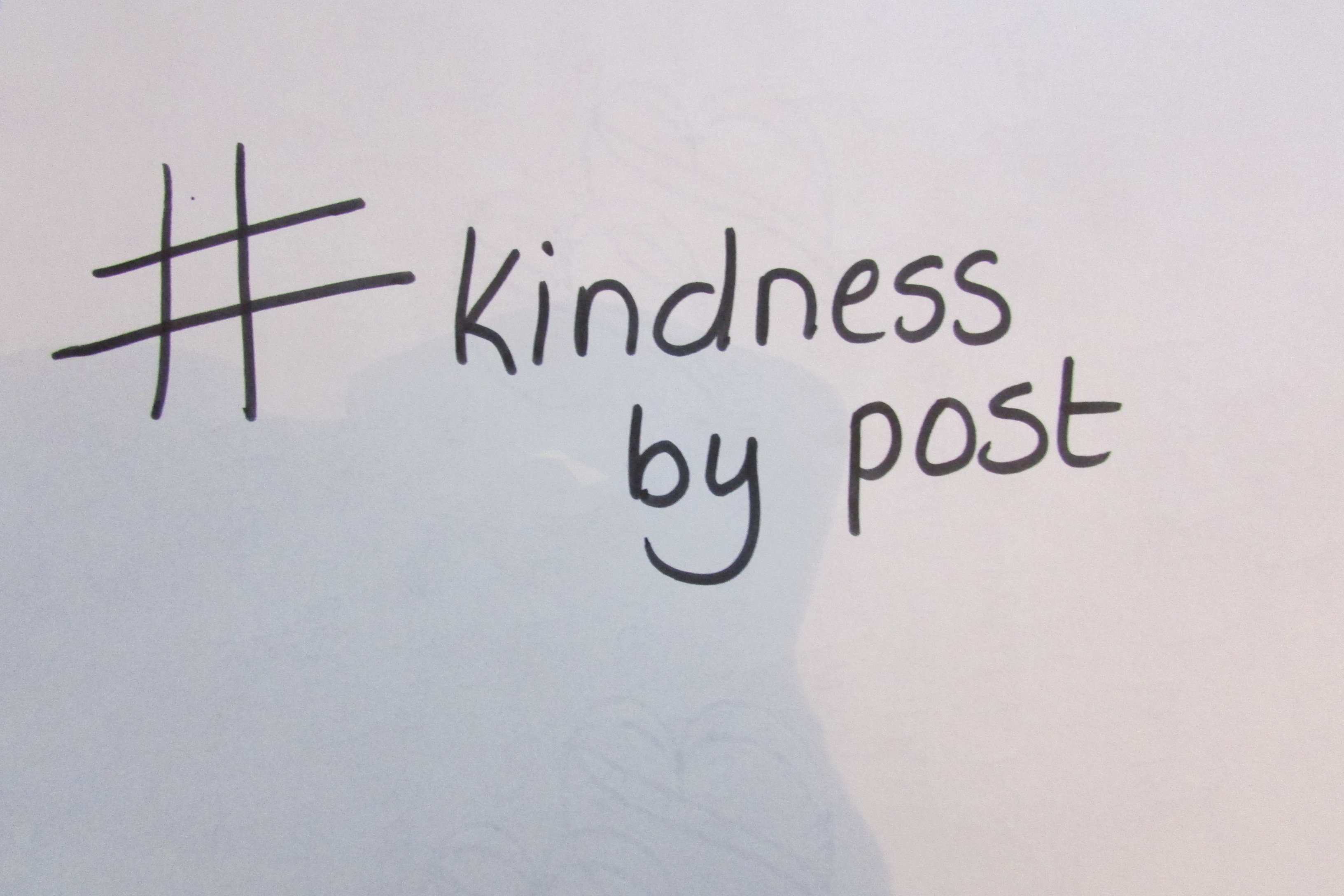
The deadline for the next exchange is Sunday 15th May, so if you would like to join in, check out the website and register your interest. Enjoy the feeling you get when you know you are offering support to someone, but also to know that you are supported too. A little bit of help, kindness and understanding goes a long way in helping us all to feel that the world is a brighter place than we sometimes think!
Collect
stamps and foreign currency for the RNIB
www.rnib.org.uk
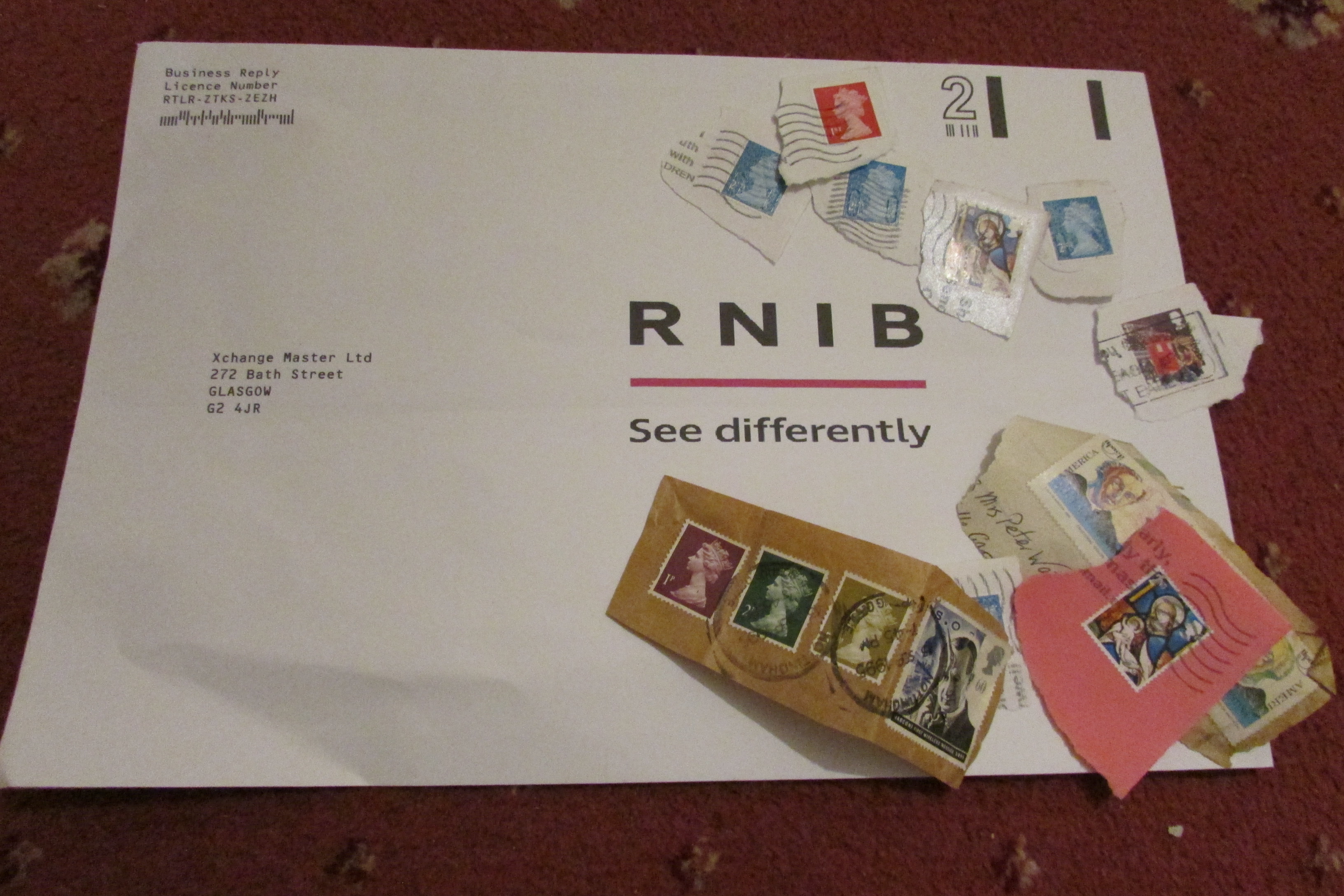
Although I
would like to support all charities who need help, times are hard for everyone
and we are all counting our pennies as the cost-of-living rises. I am also a person who hates to throw
anything away if it can be of use to someone else! A quality that is not always appreciated in
our household when mounds of junk begin to appear. However, some things that tend to get thrown
away without thought, can be put to good use.
Have you ever wandered into a supermarket and wondered why
some drinks bottles have tiny knitted or crocheted hats on? Then wonder no more! These are some of the
thousands of hats sent to Innocent Drinks each year to support their
fundraising for Age UK.
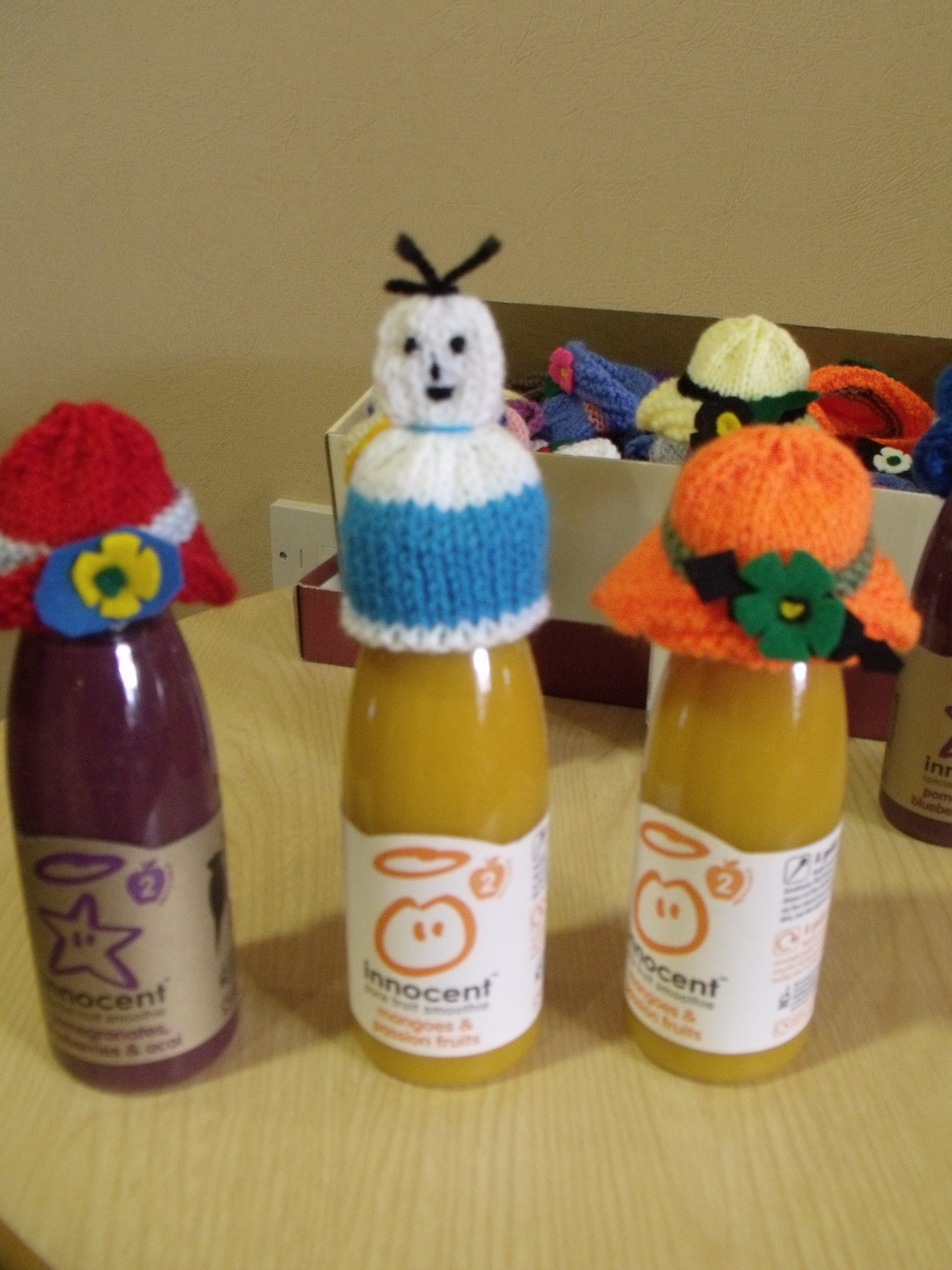
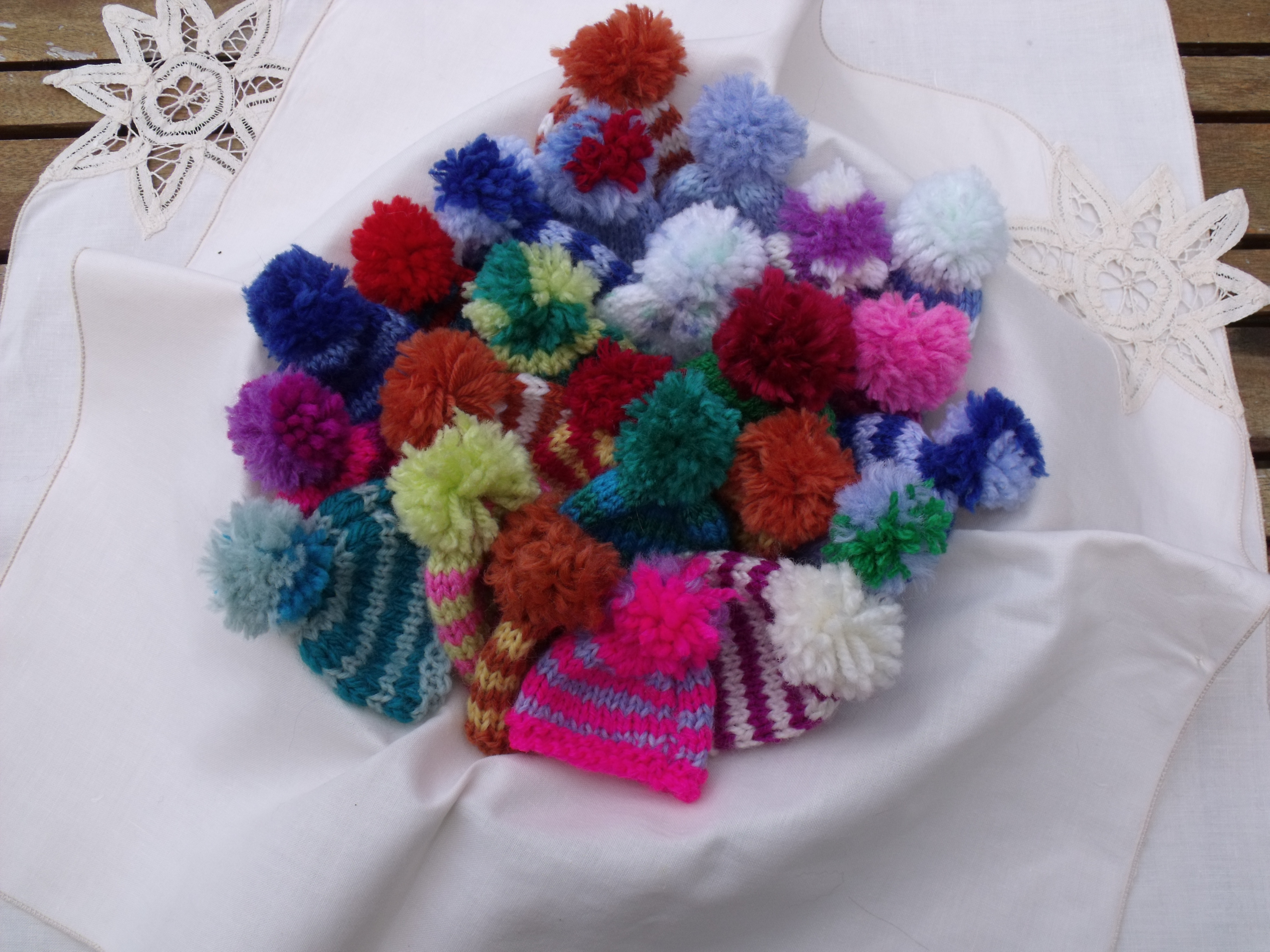
The Little Princess Trust
www.littleprincesses.org.uk
When people
receive their cancer diagnosis, one of the most frequent questions asked is
‘Will I lose my hair?’ With some cancers it is inevitable (but not all).
For
children, losing hair can be just as traumatic as for an adult. Little girls
just love using ribbons, bobbles and hair slides to dress their hair, it is
part of their everyday routine, so to suddenly be told that it will fall out
can be a huge shock.
One person
who recently supported the charity is my young friend Zachary who donated his
hair when he was in Year 10 after growing it for a number of years.
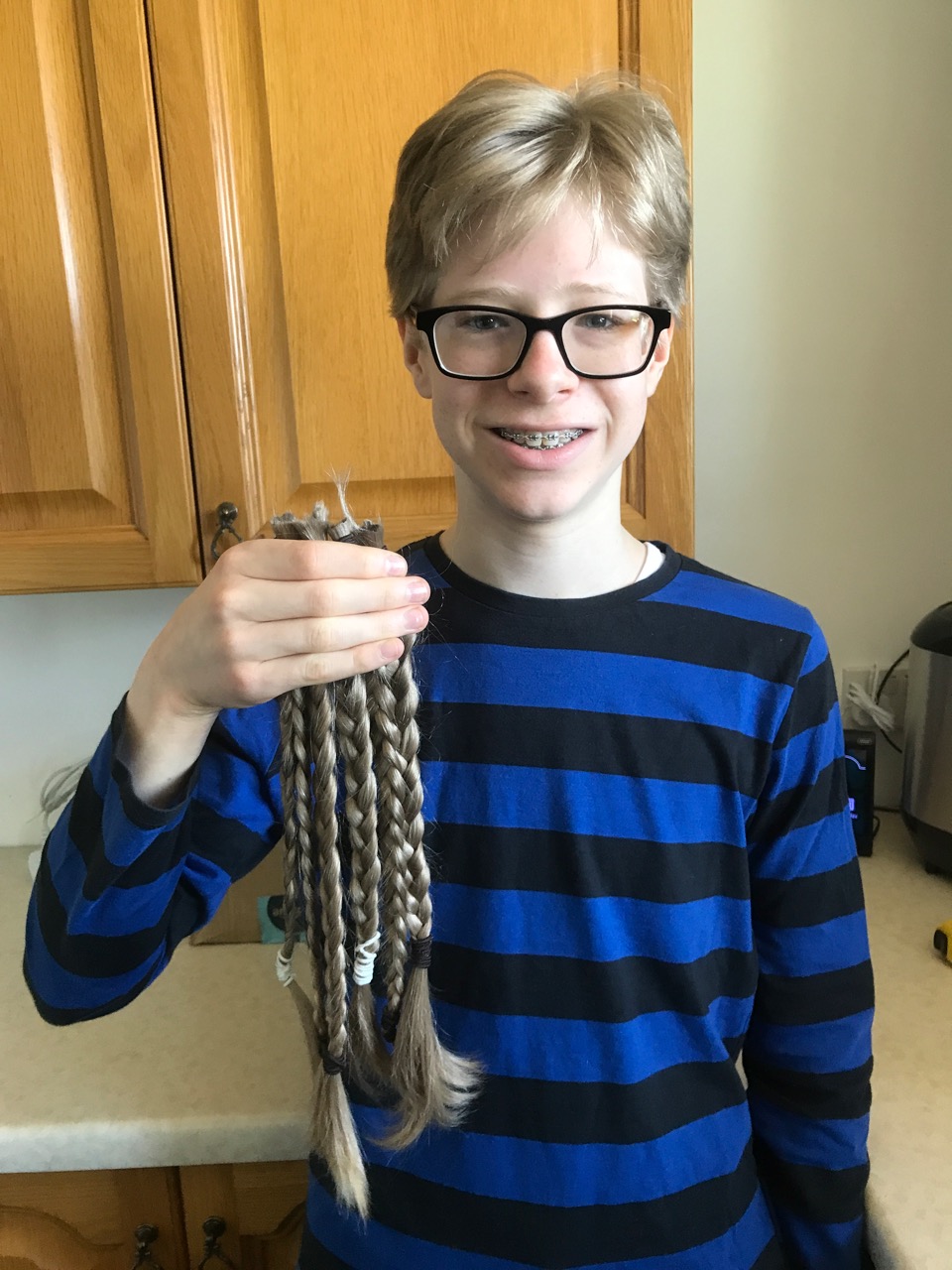
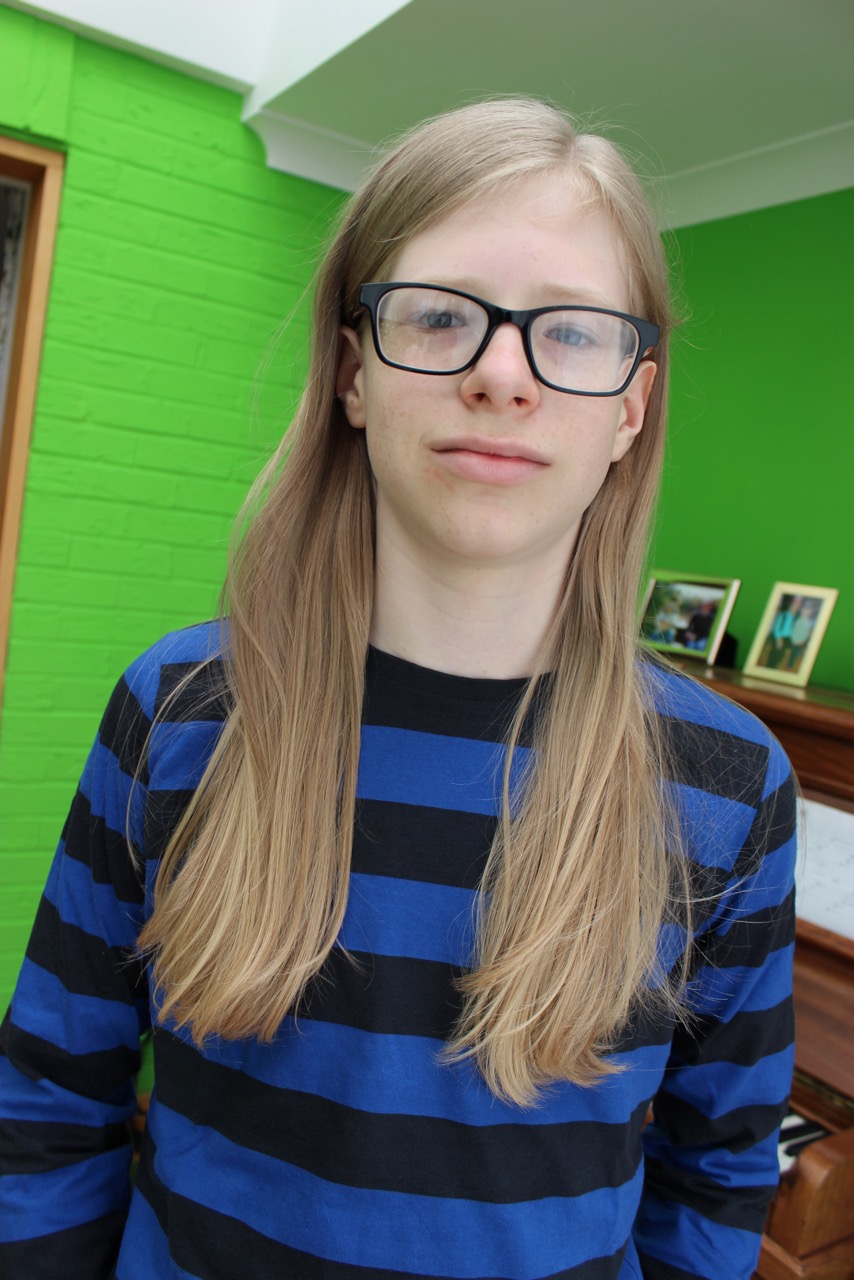
From me to you
write a letter to a cancer patient
or receive one if you are a patient yourself.
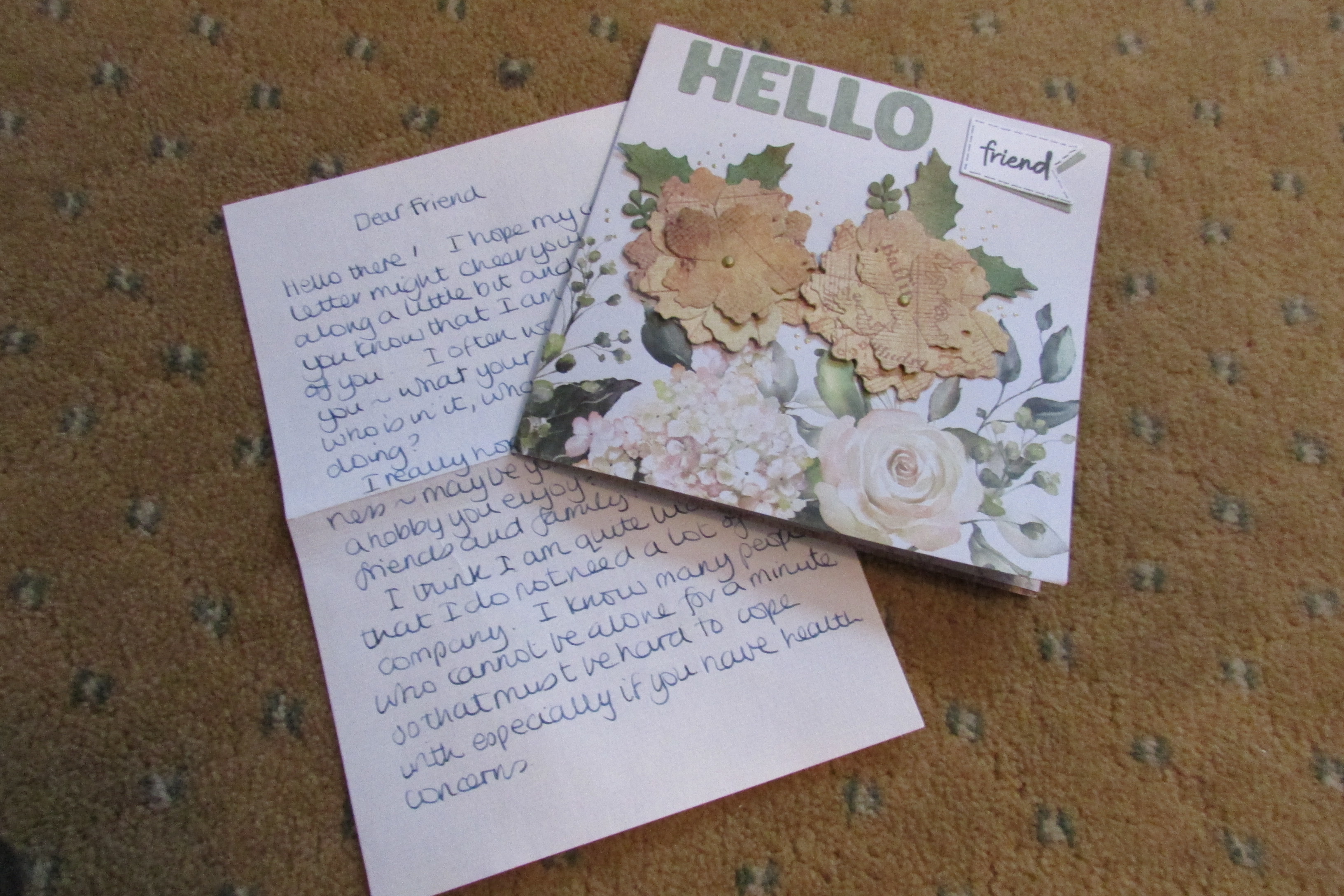
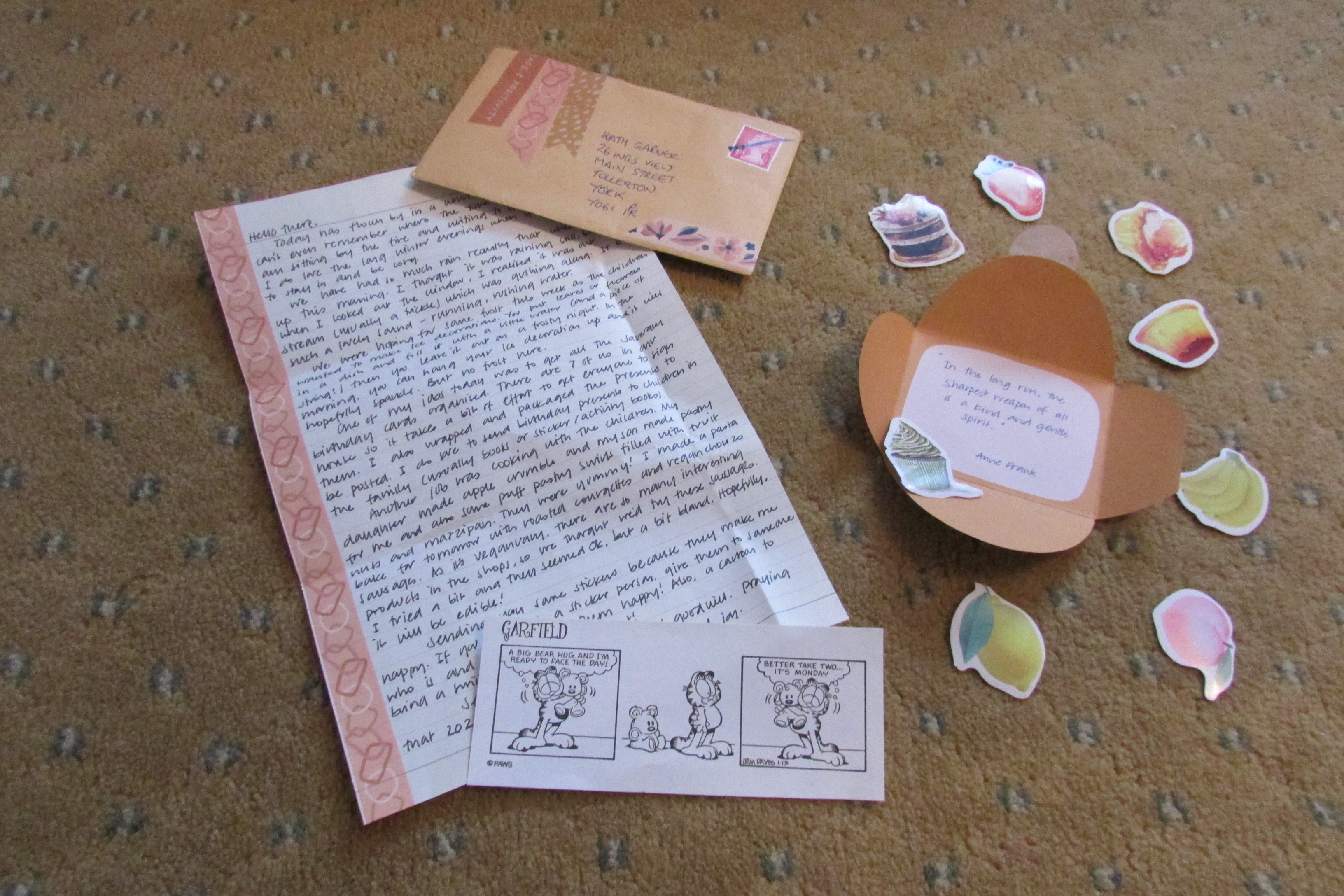
I am one of those people who love receiving letters in the
post! Long, short, notecards, whatever, I really don’t mind, but the thrill of
opening that envelope and settling down to read the contents never leaves me. Luckily,
I also like writing letters and have been known to fill a large number of pages
quite easily with news of my everyday happenings!
If you like writing letters too, but also like the idea of
helping end the isolation felt by many cancer sufferers, then the charity From
Me To You and its letter writing campaign could be just the thing for you!
The charity was founded in 2017 by Alison Hitchcock and Brian Greenley who found a way of connecting and building hope through a series of letters that Alison wrote to Brian when he was diagnosed with cancer. Although they barely knew each other, having met at a yoga retreat in India some years earlier, when Alison found out about Brian’s diagnosis, she promised to write to him to help cheer him up through treatment. The letters helped Brian to feel he had some support, cheered him through his tough days and were a treat that he often saved for when he was in hospital having his chemotherapy, helping to distract him from what was happening. This cemented their friendship and led to them setting up the charity to help others suffering from cancer.
Letter writers remain anonymous – it is not a penfriend scheme. Those participating can write as many letters as they want and as frequently as they want. These are screened and repackaged to send to cancer care centres, hospitals or individuals. Filled with general chat, these letters provide a boost to cancer patients, linking them to the outside world and easing the isolation that is so often felt. They show that someone cares and provide a little piece of normality for a person whose life has been turned upside down.
I know because I contacted the charity and asked for letters to be sent to me. I’ve signed up a for a letter a month for six months, but cancer patients can ask for a single letter or for as many as they need to help them get through their diagnosis and treatment. I’ve received two letters so far or more accurately cards, with beautiful pictures and lovely chatty messages inside. There is no advice, no wishing me well, just ordinary everyday writing about the weather, a garden, a visit, the seasons and so on. They are such a pick me up! A reason to smile. A reason to feel that life is good and a reason to feel more connected with the outside world. And there is no pressure for me to respond. Nothing is expected in return.
I have also signed up to be a letter writer and received a little pack up with information, helpful hints and a card and envelope to get me started. It cost me nothing though any donations of funds or stamps are obviously appreciated.
The charity’s website is filled with useful hints and suggestions on what to write about. There are letter templates, starter lines, online workshops and so much more to help you write a suitable letter. The charity will also visit schools, libraries and community groups, and those working towards the Duke of Edinburgh scheme, can write letters to fulfil the volunteering part of their challenge.
Writing a letter is such a simple thing to do but the difference it can make to the person who receives it is immeasurable. I can speak from experience when I say, there is nothing quite like knowing that a stranger is willing you on to get better and supporting you.
Could you help this fabulous charity? I’m definitely going to give it a go. It will be the perfect thank you for the support that I have received.
Emily’s Star
– Knitting army
'The brightest stars shine for the shortest time.'
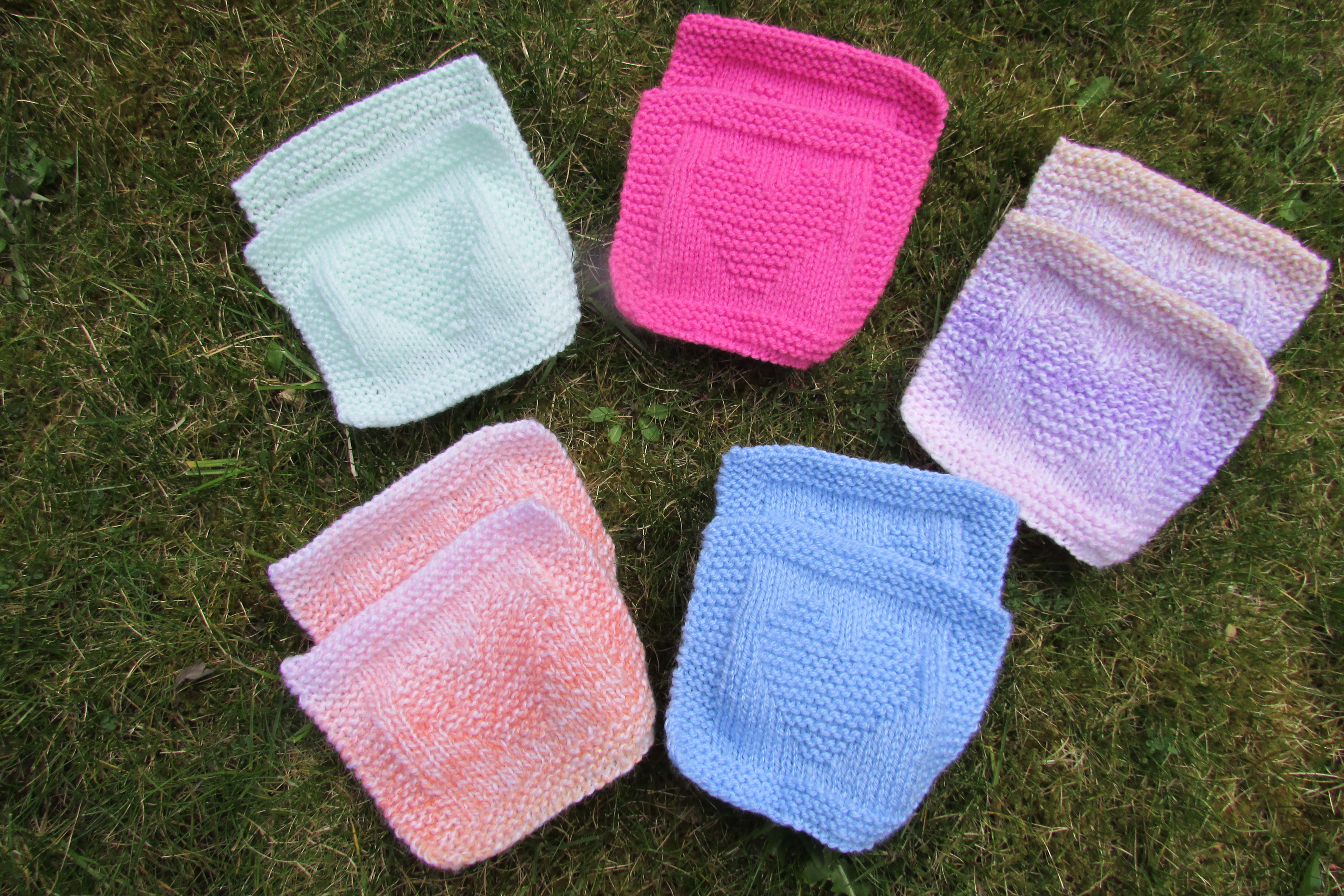
Action for Happiness
Happier. Kinder. Together
I came
across this charity quite by chance after spotting a Facebook advert for a free
Wellness seminar., which was very good!
Action for
Happiness is a small charitable initiative founded in 2010 by Richard Layard,
Geoff Mulgan and Anthony Seldon who wanted to create a movement of people
committed to creating a happy and caring society – a place where people cared about
the happiness of others rather than focusing on themselves.
Game on!
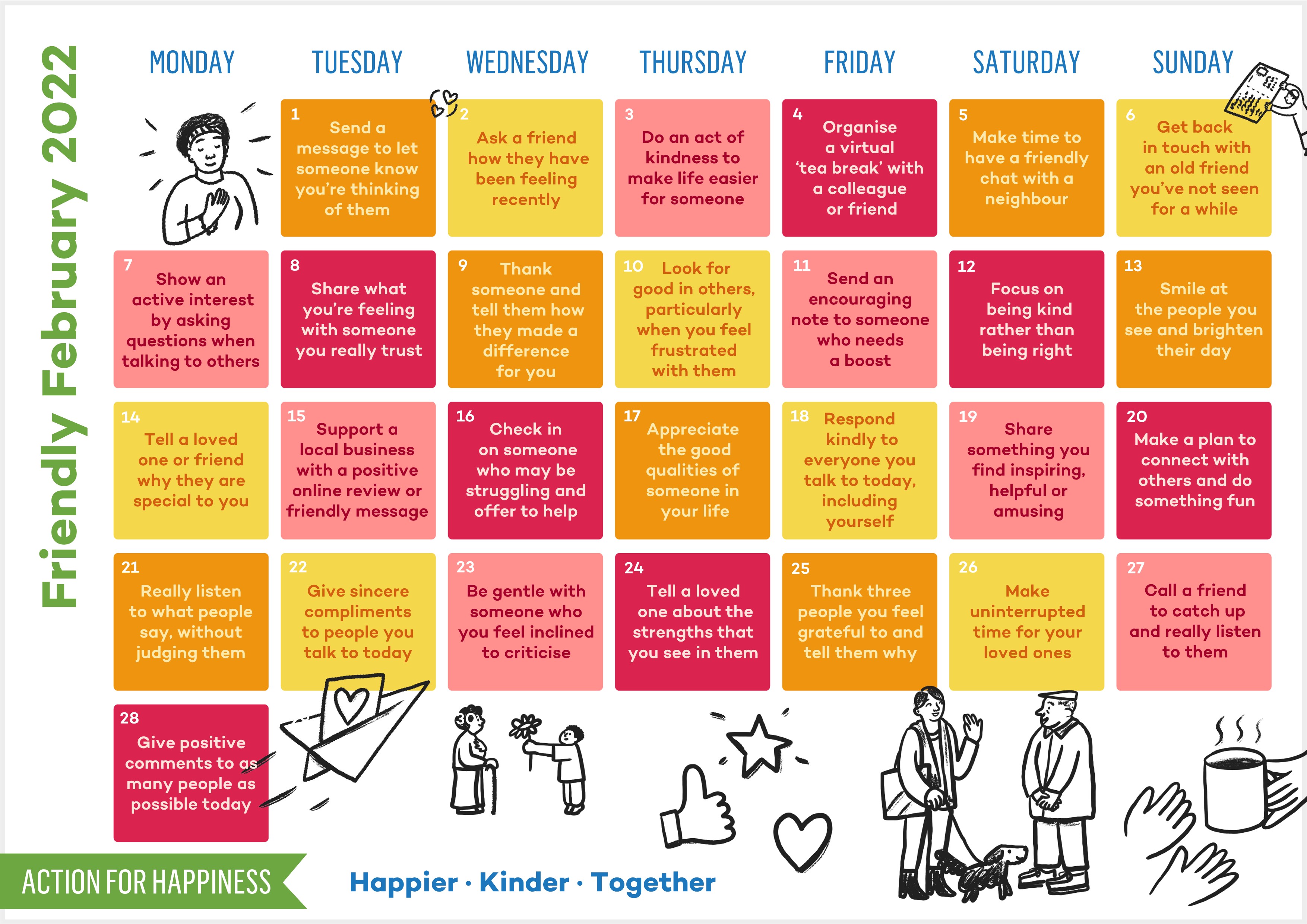
Be a friend
to the RSPB
At the end
of January each year, the RSPB host their Big Garden Birdwatch event. This year it takes place between the 28th
and 30th of January and is a fun, free event that anyone can take
part in whether they have a garden, balcony or access to a local park.
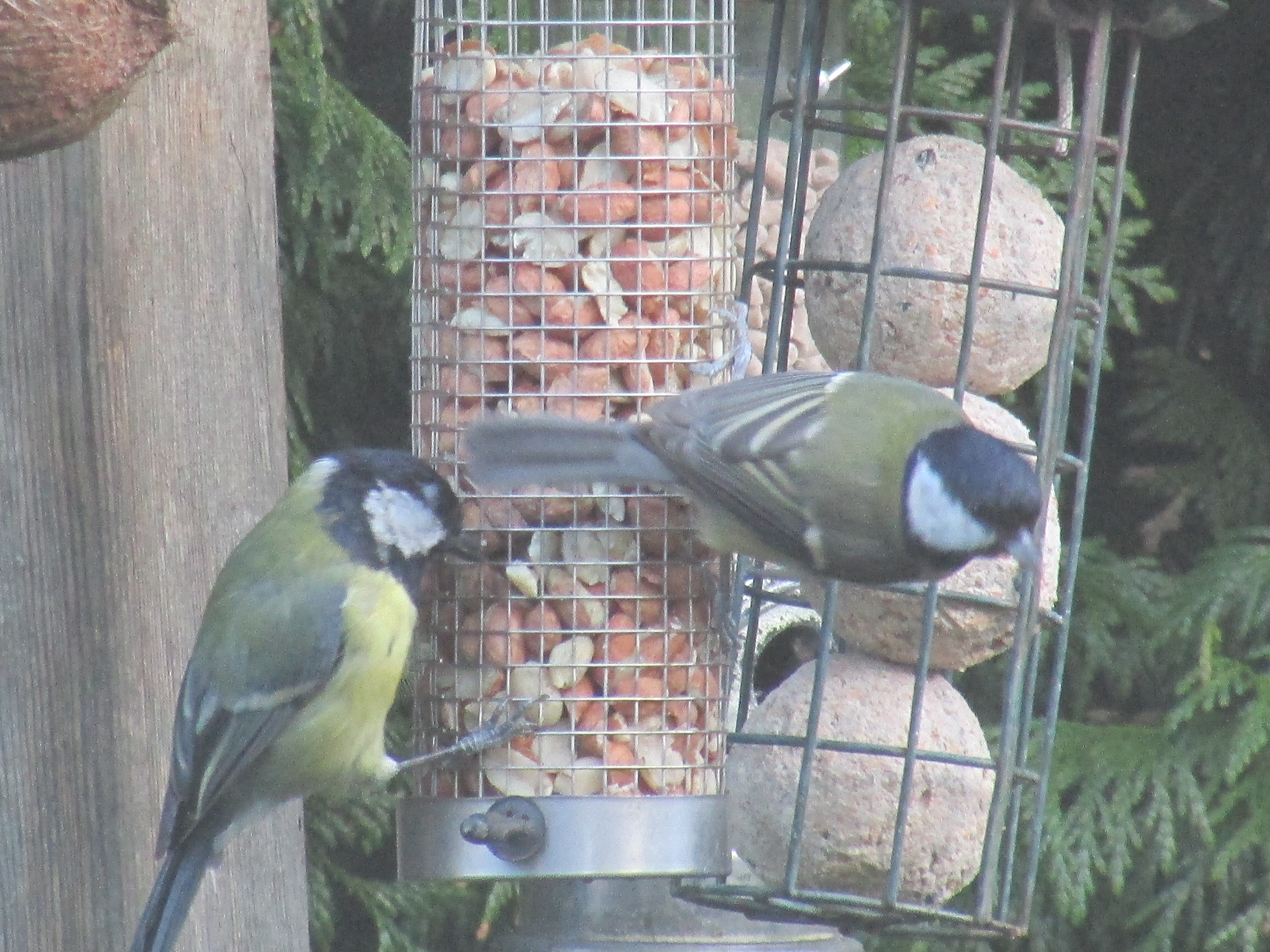
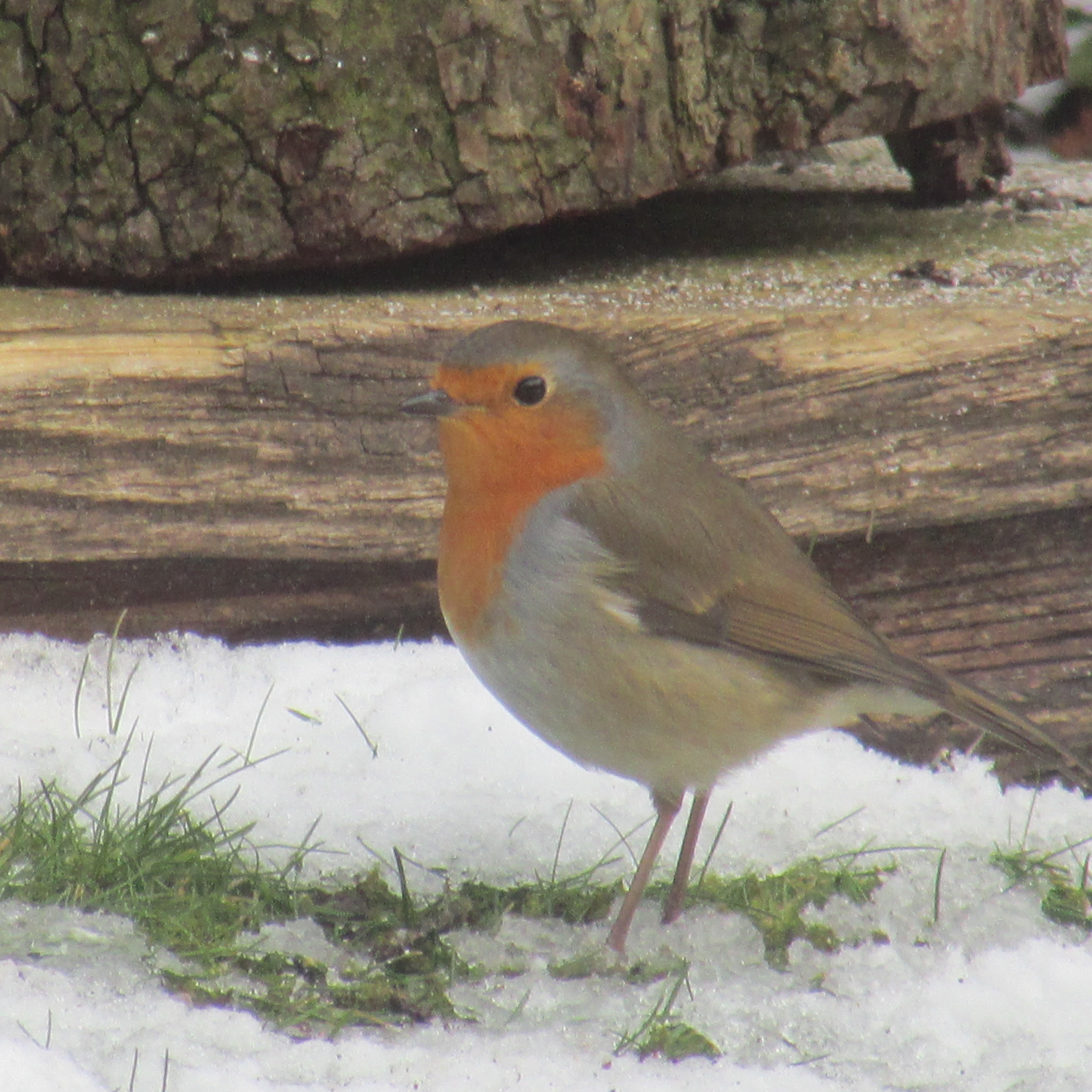
Postcards of Kindness
I came across this initiative quite by chance on Facebook, but as I personally love receiving letters and cards it really appealed to me.
